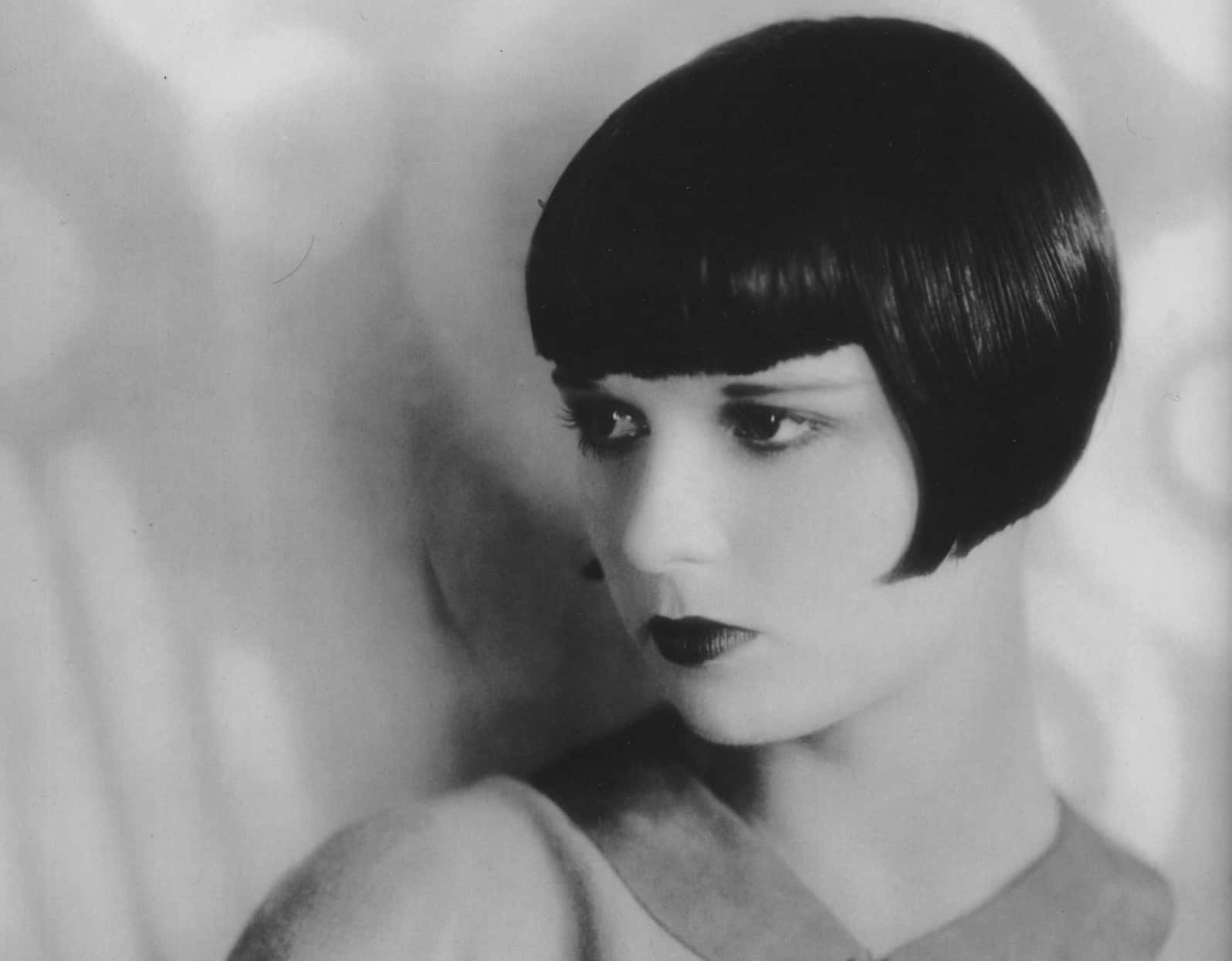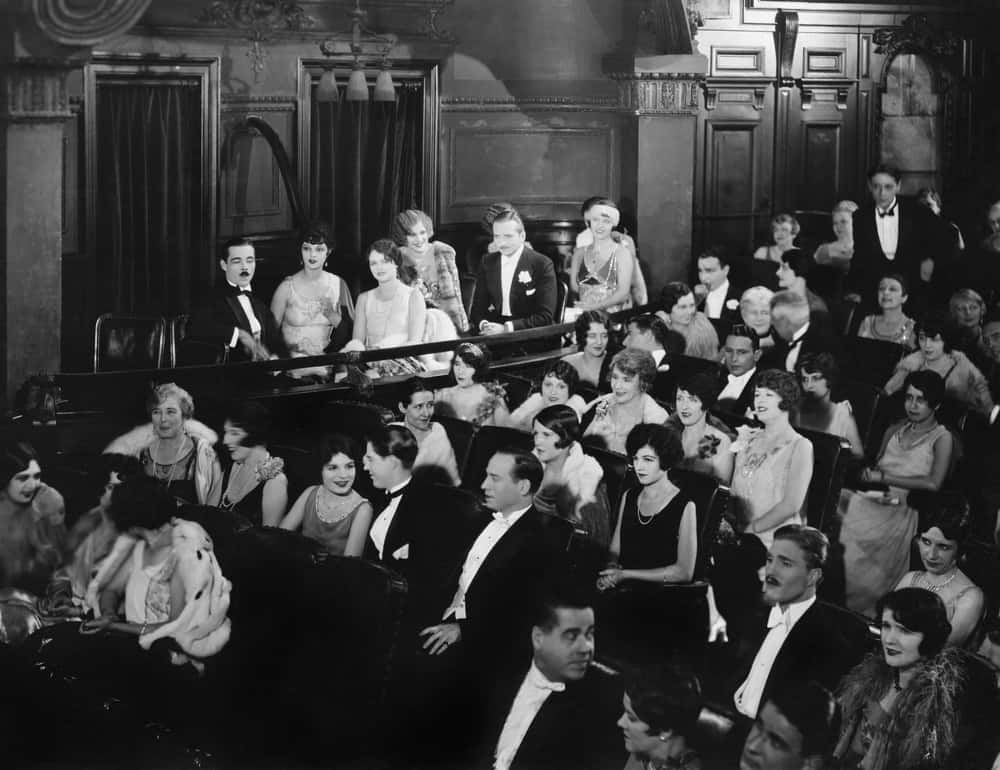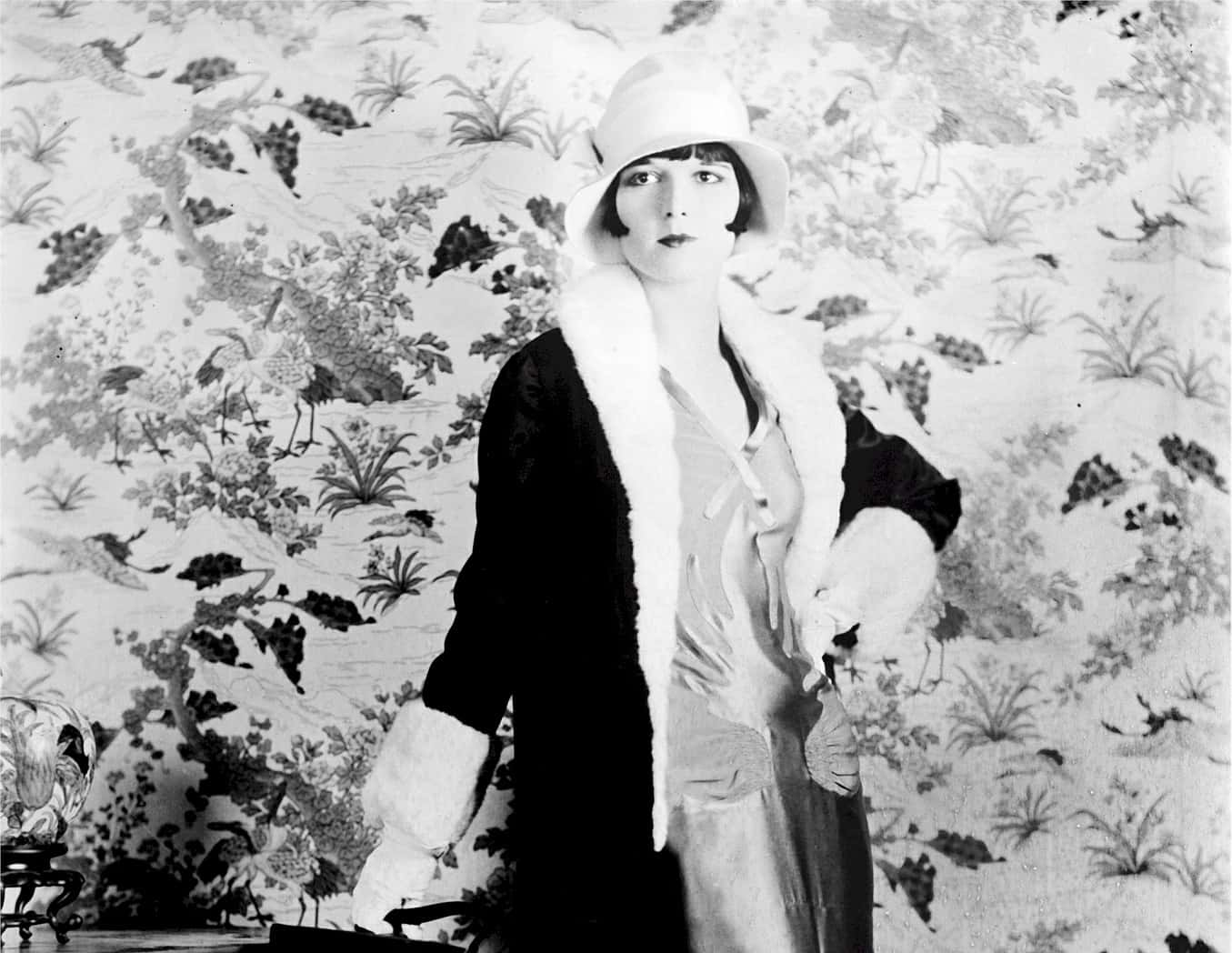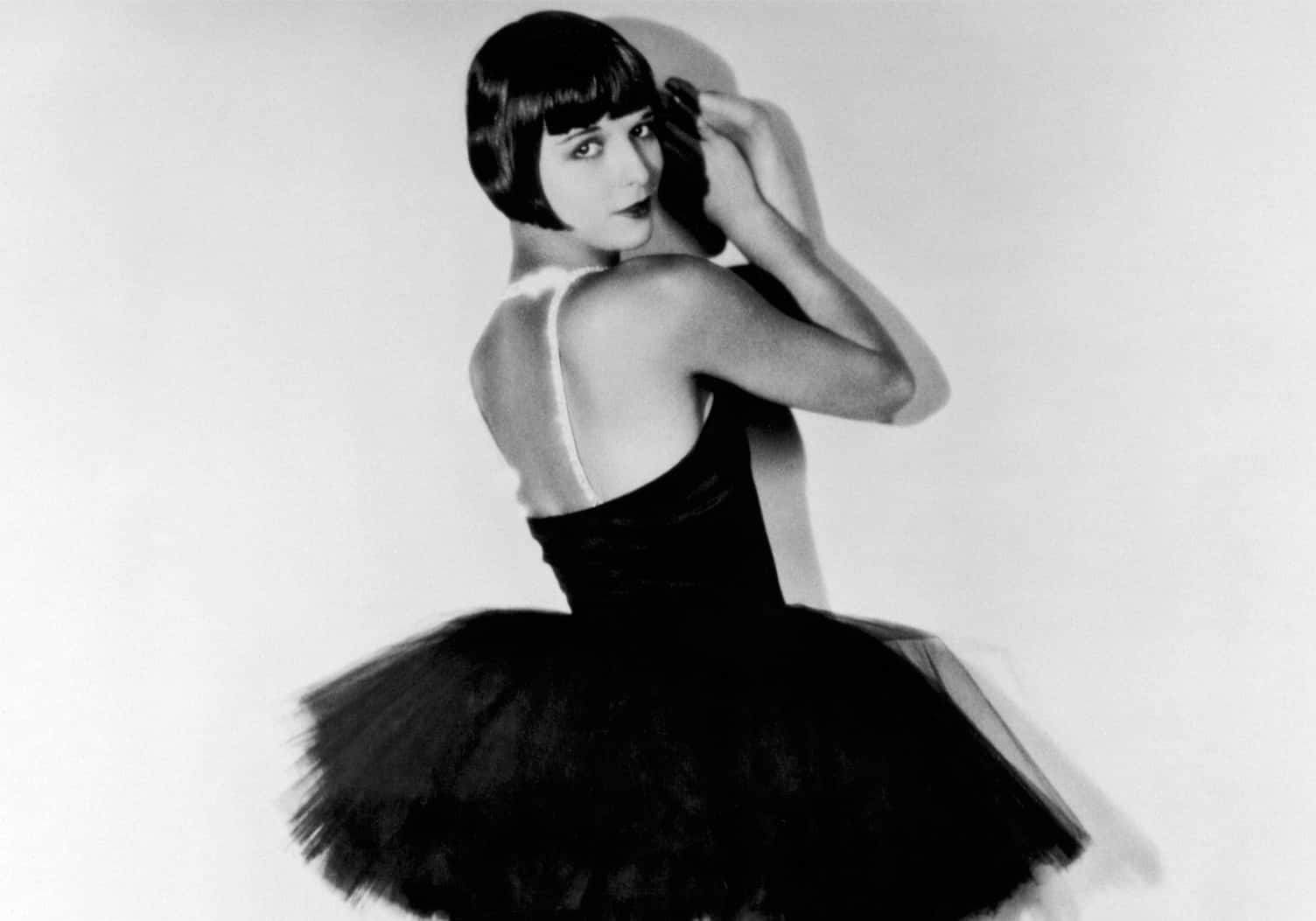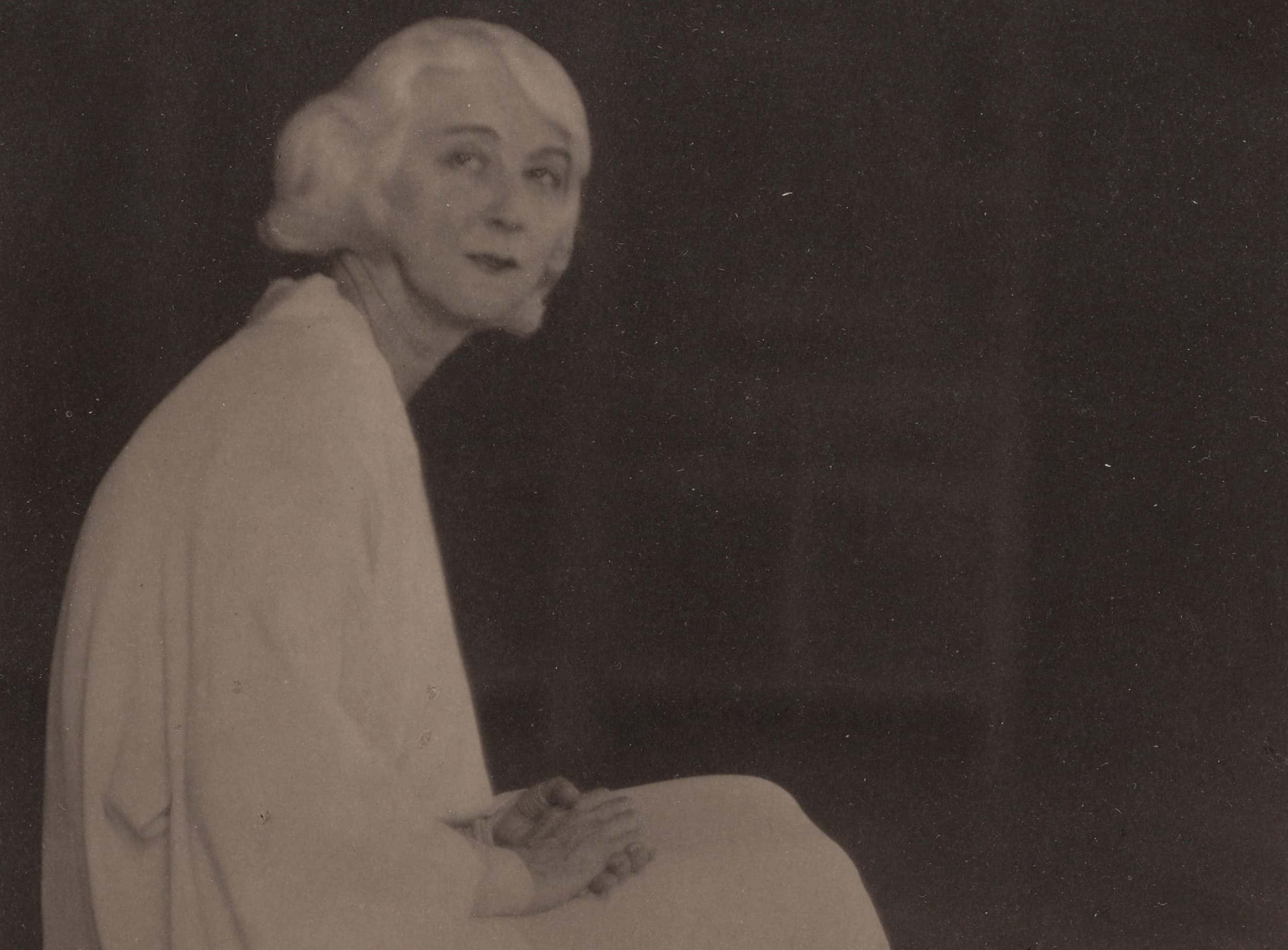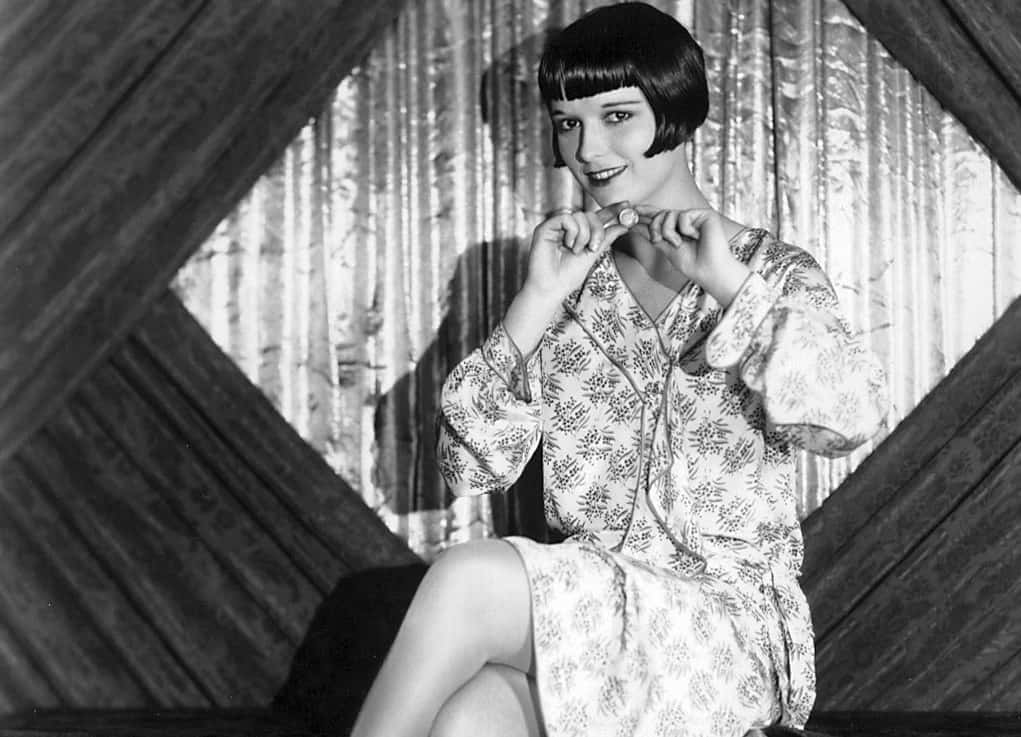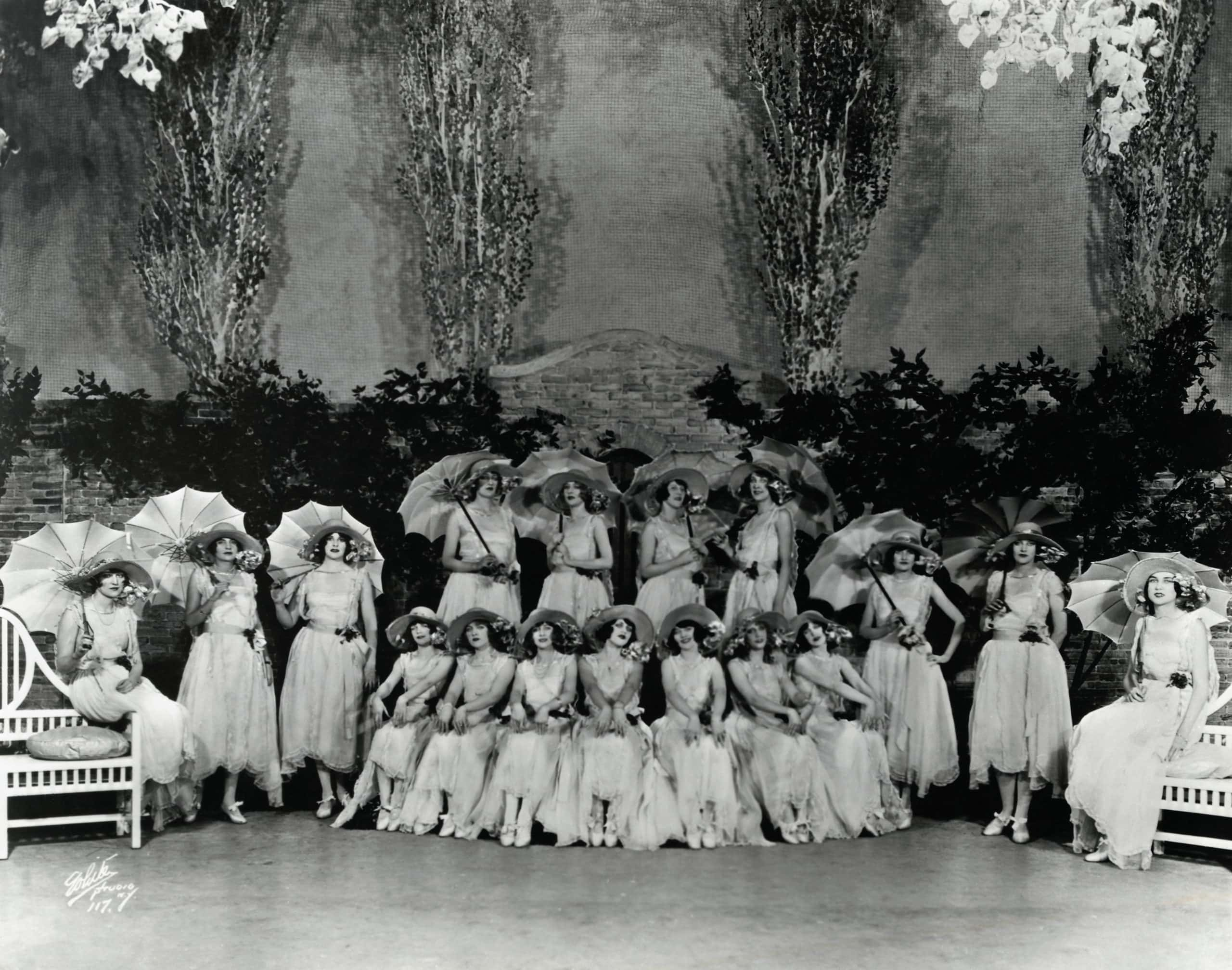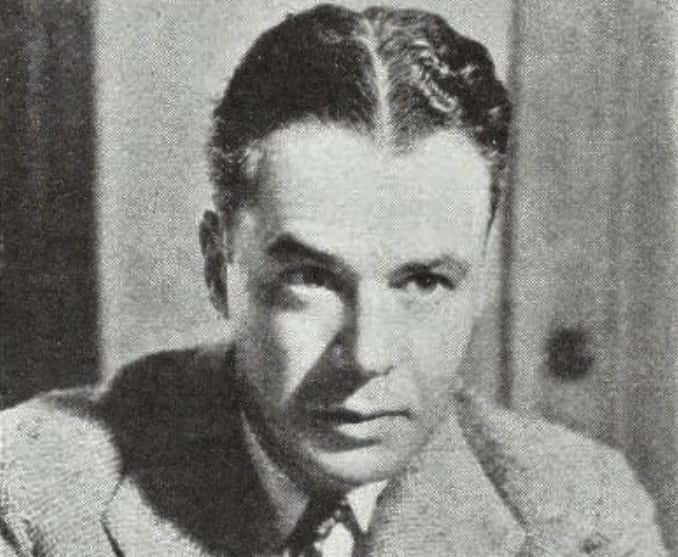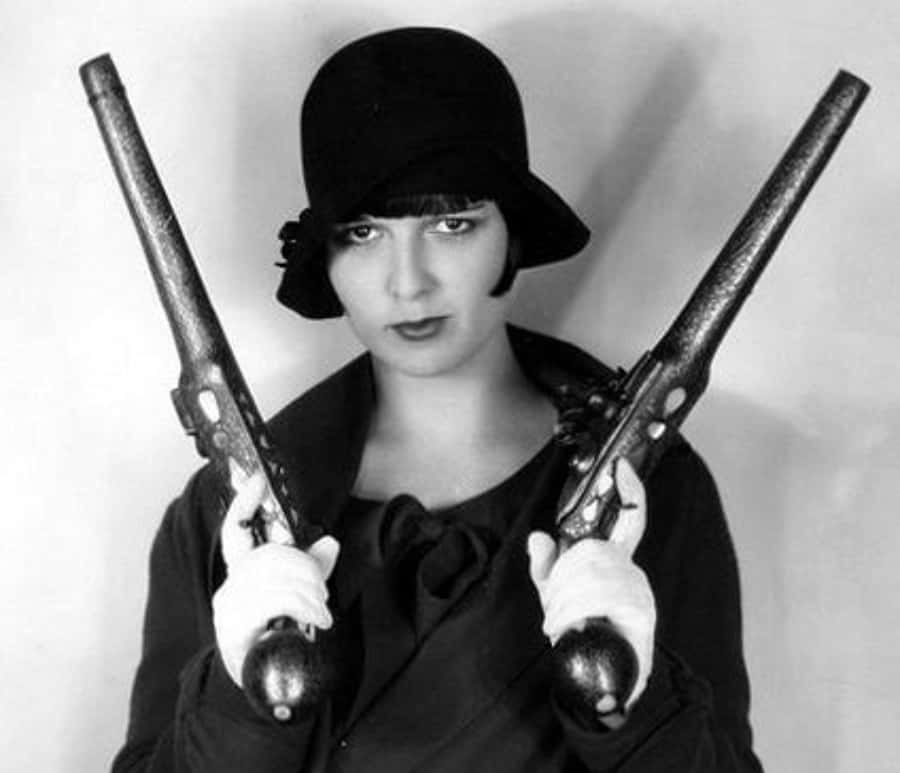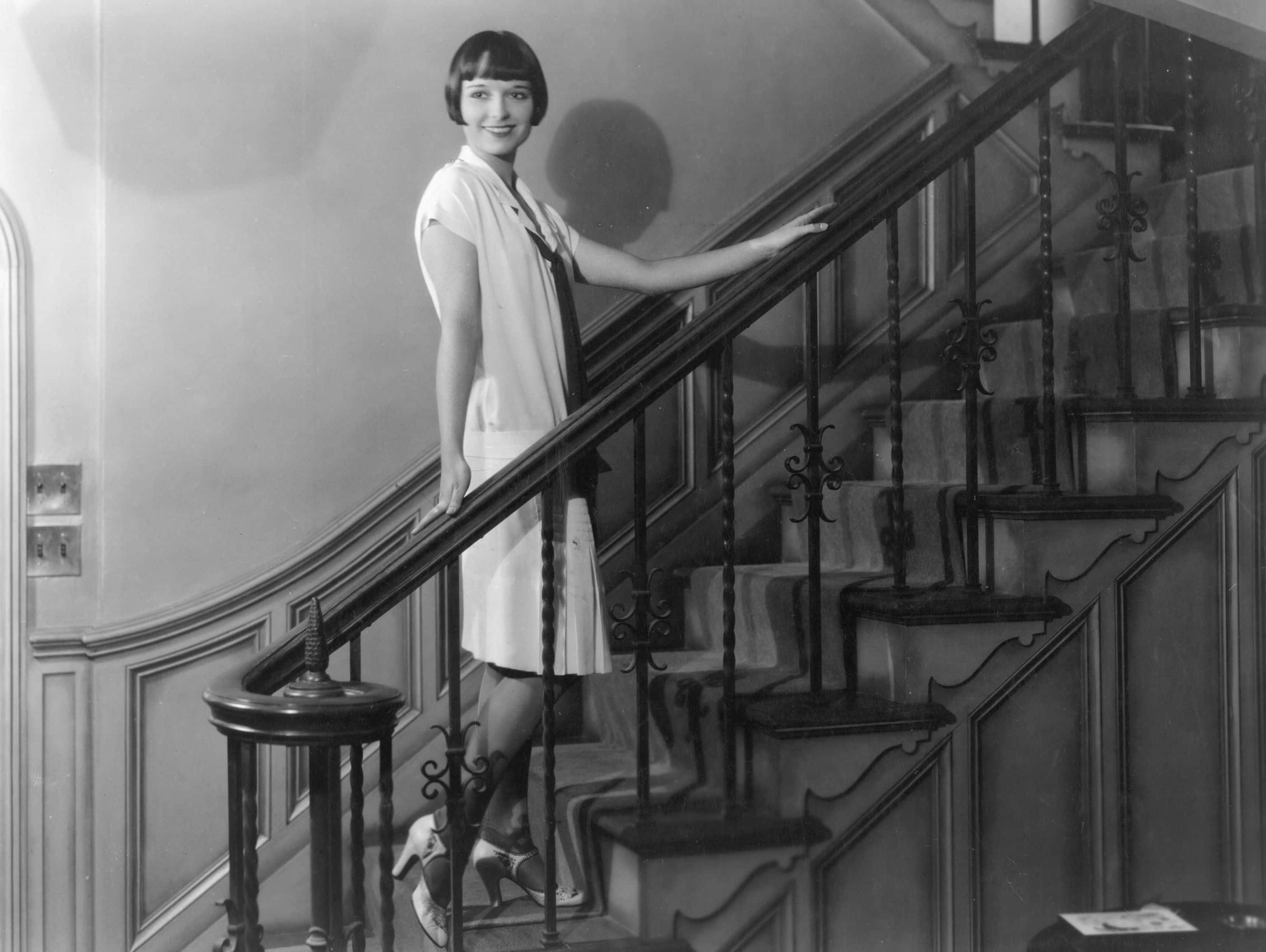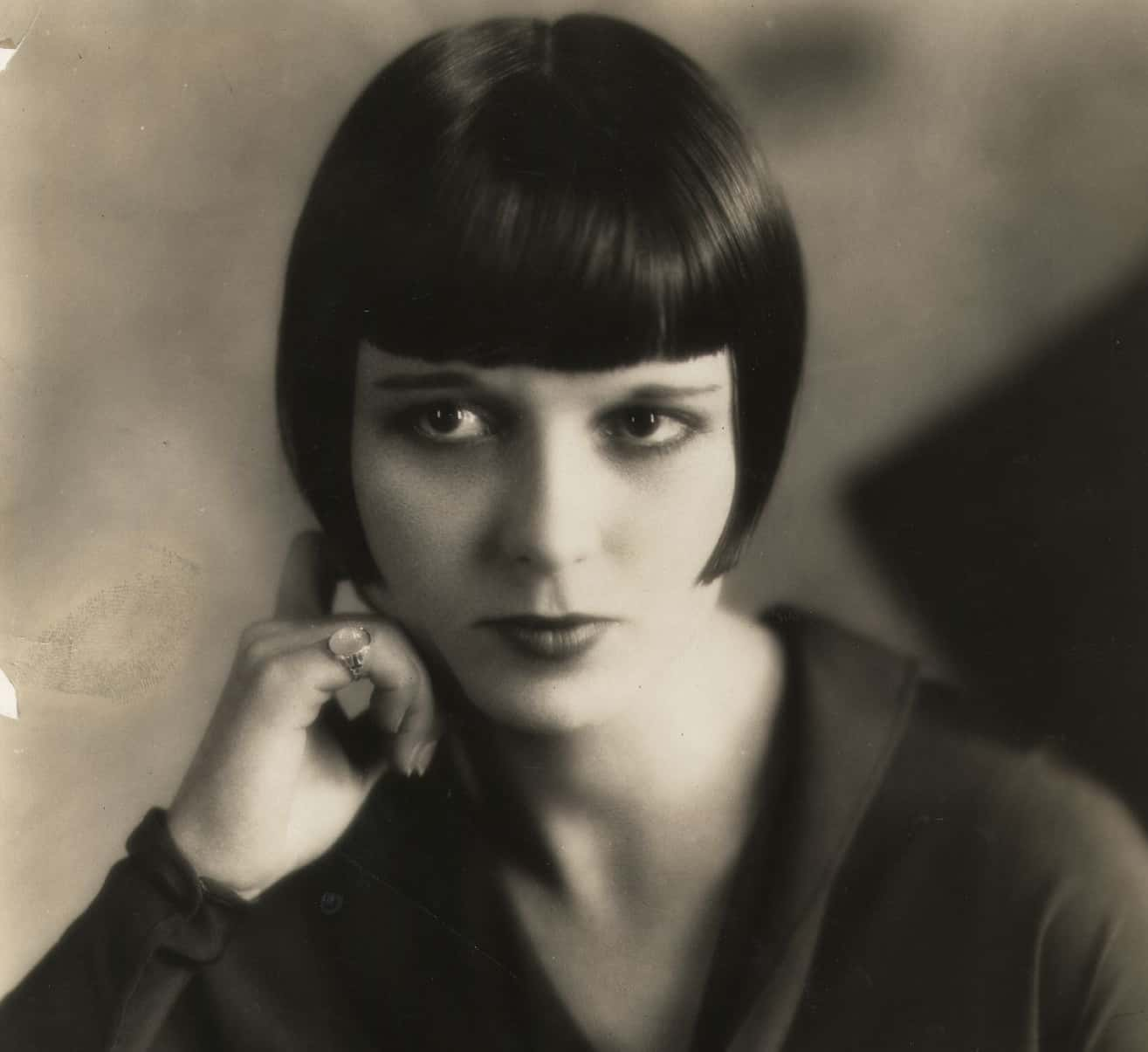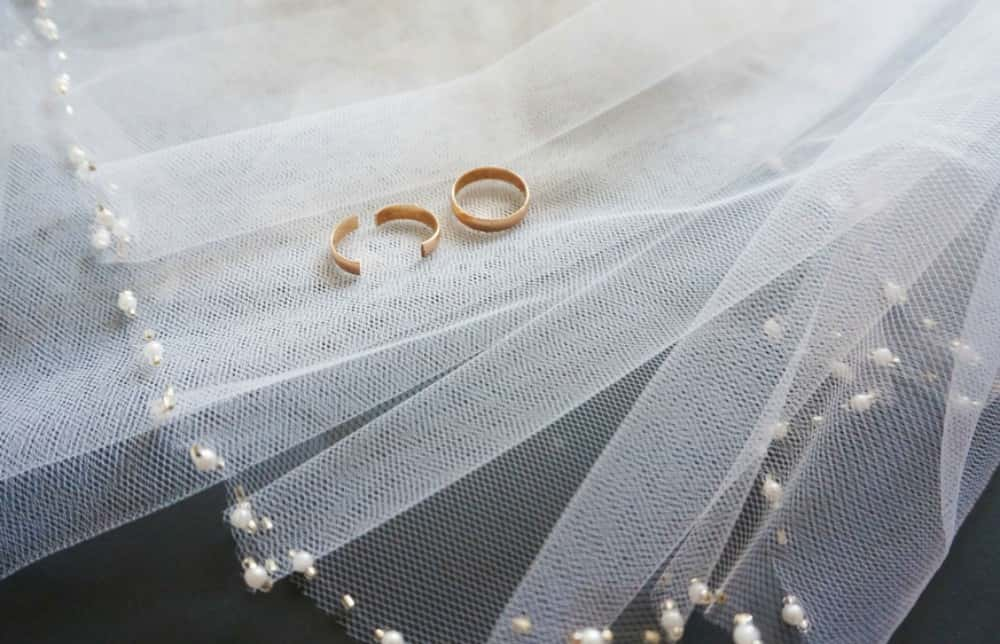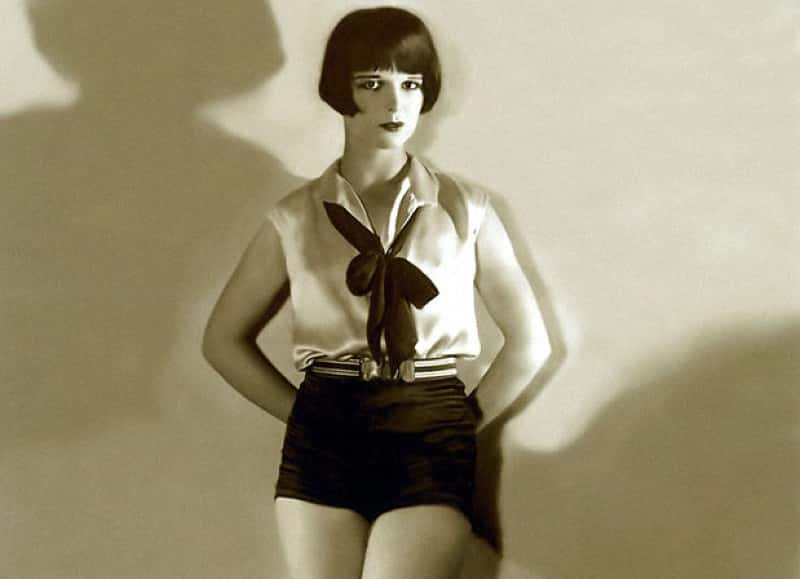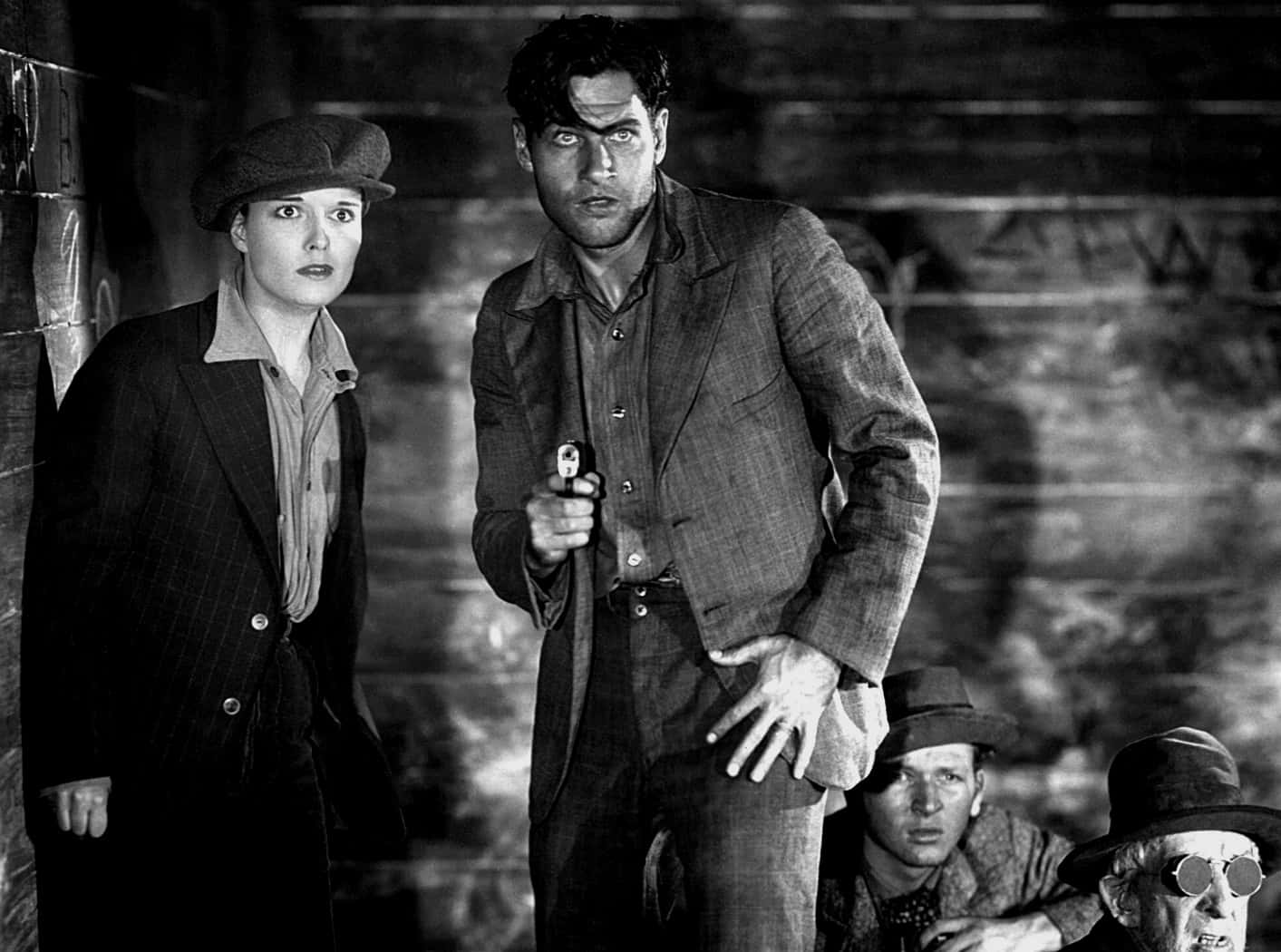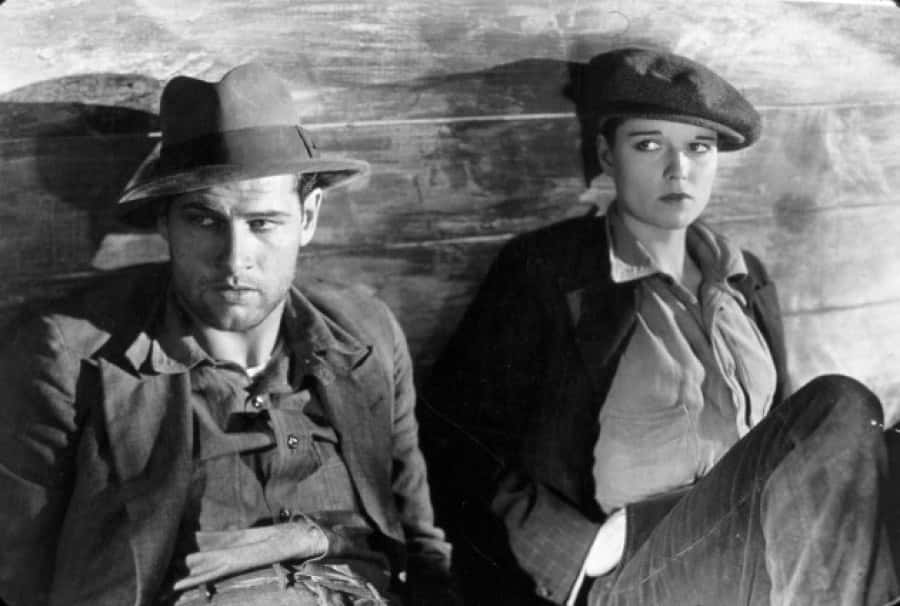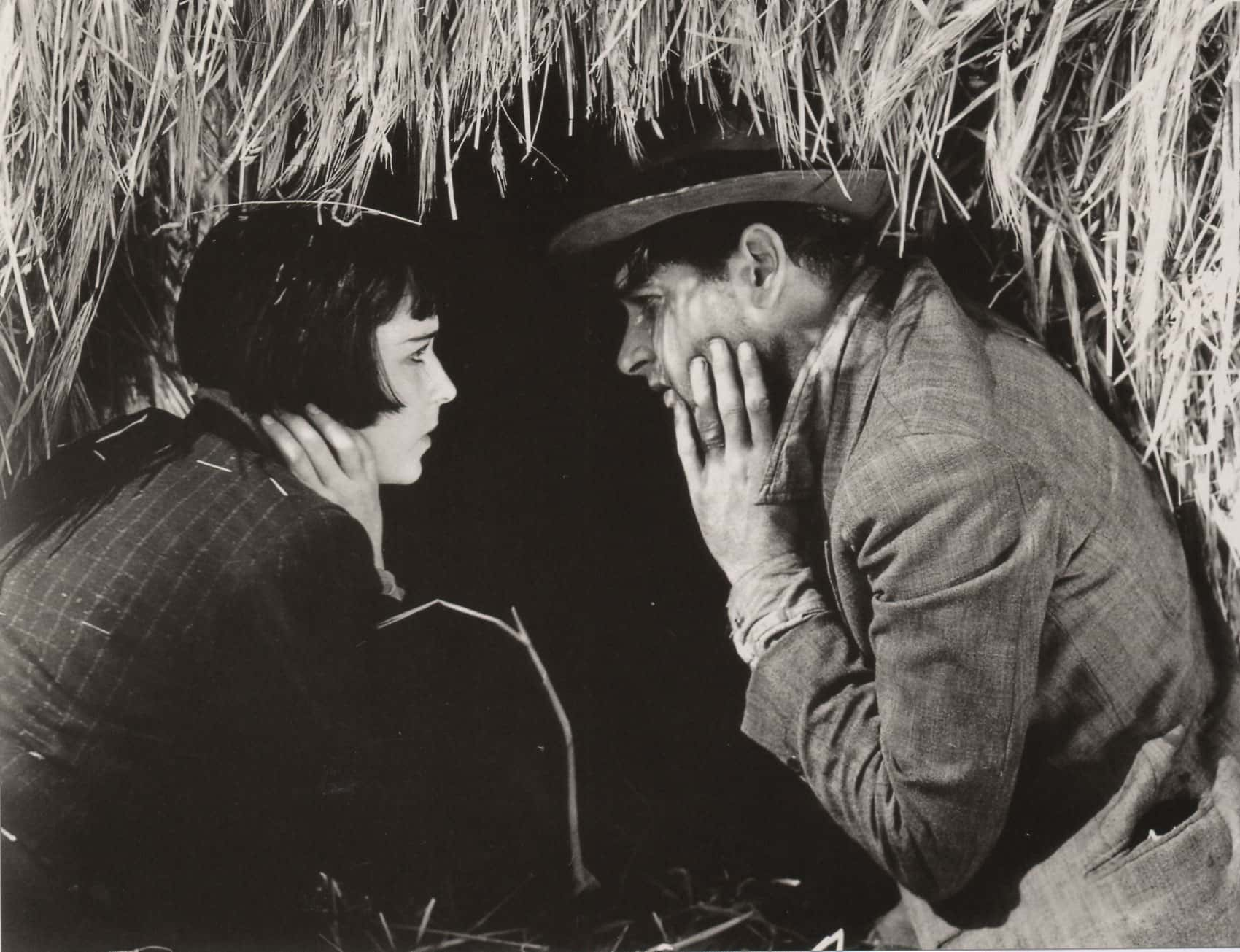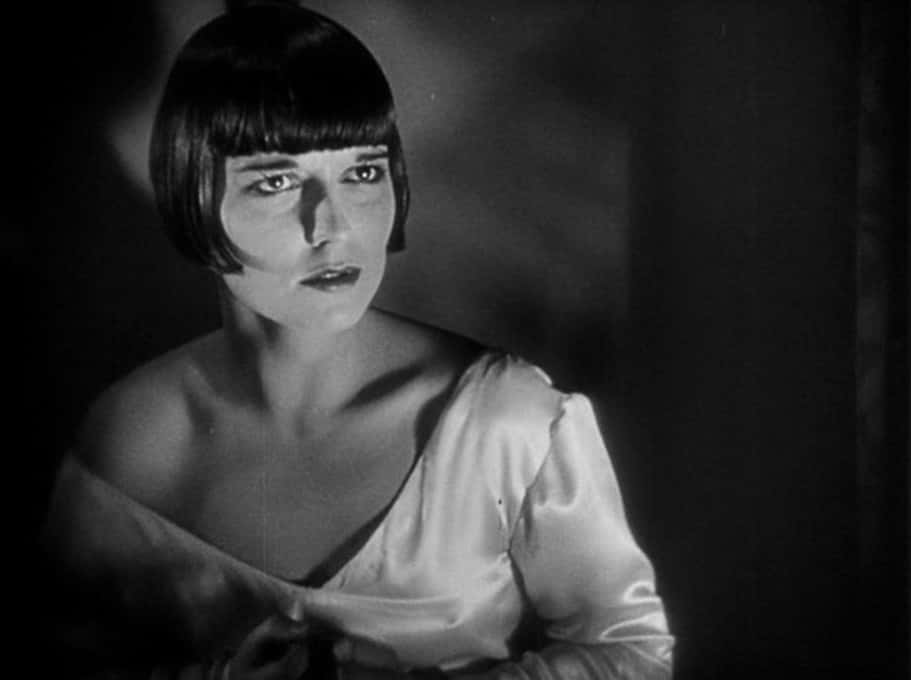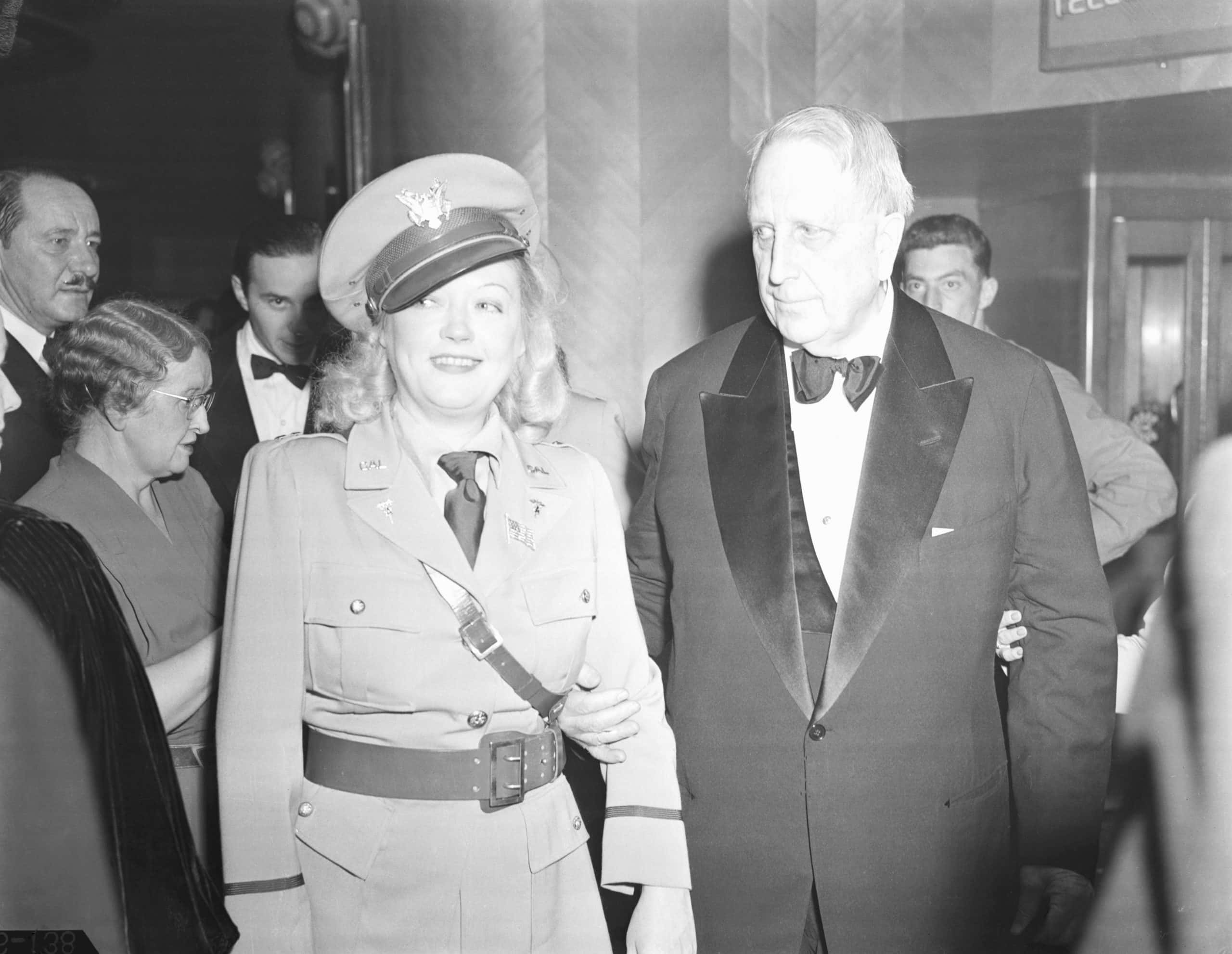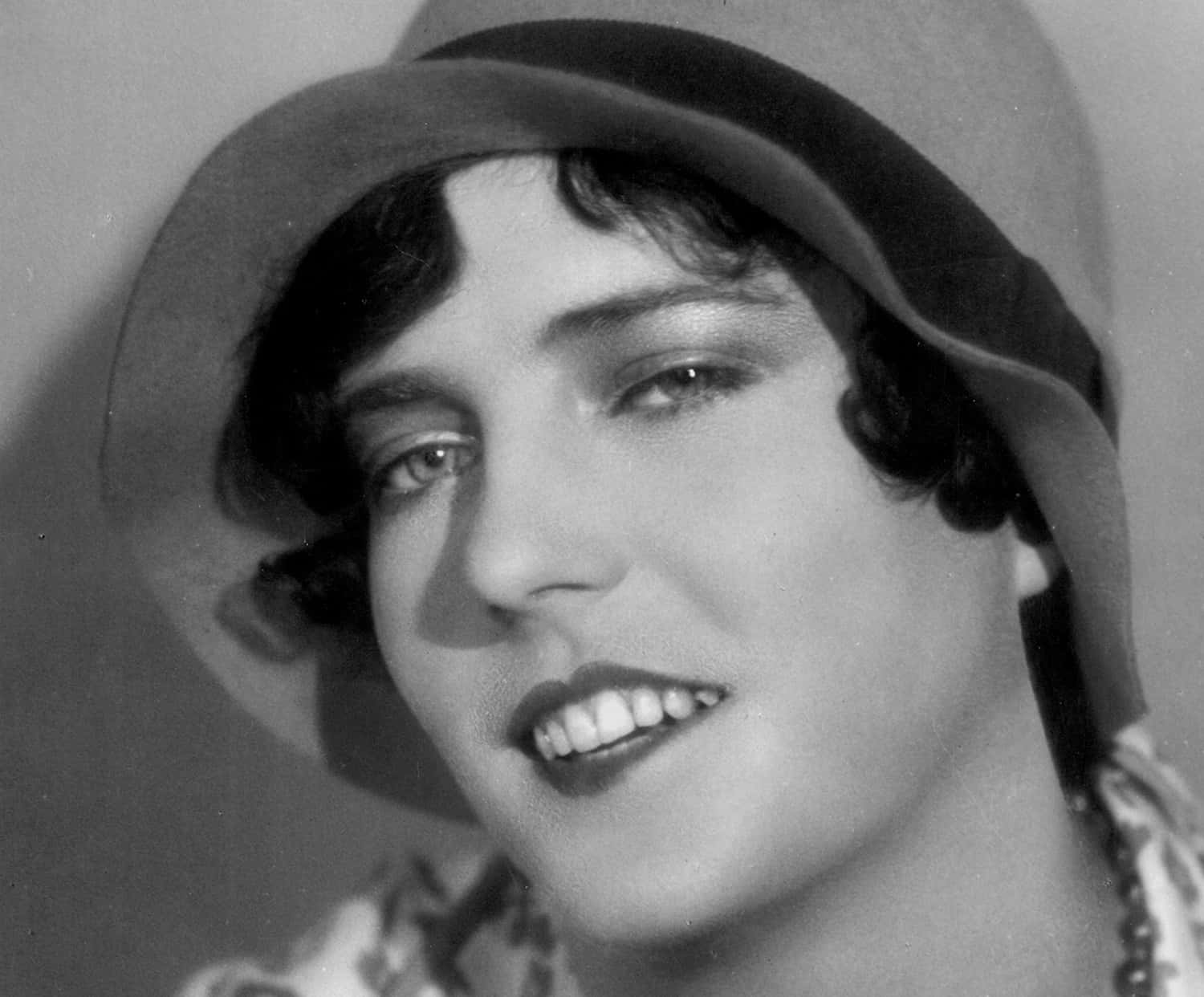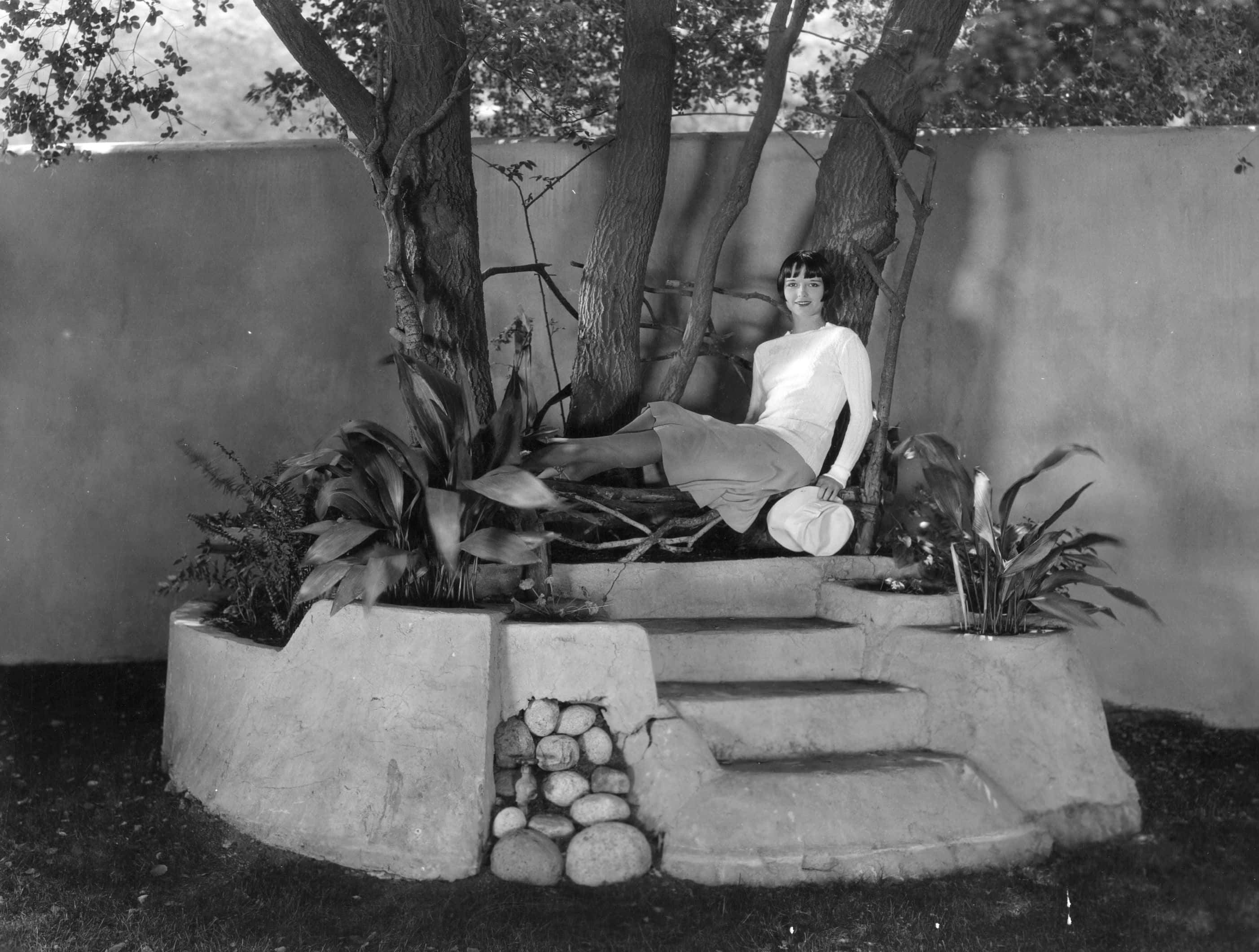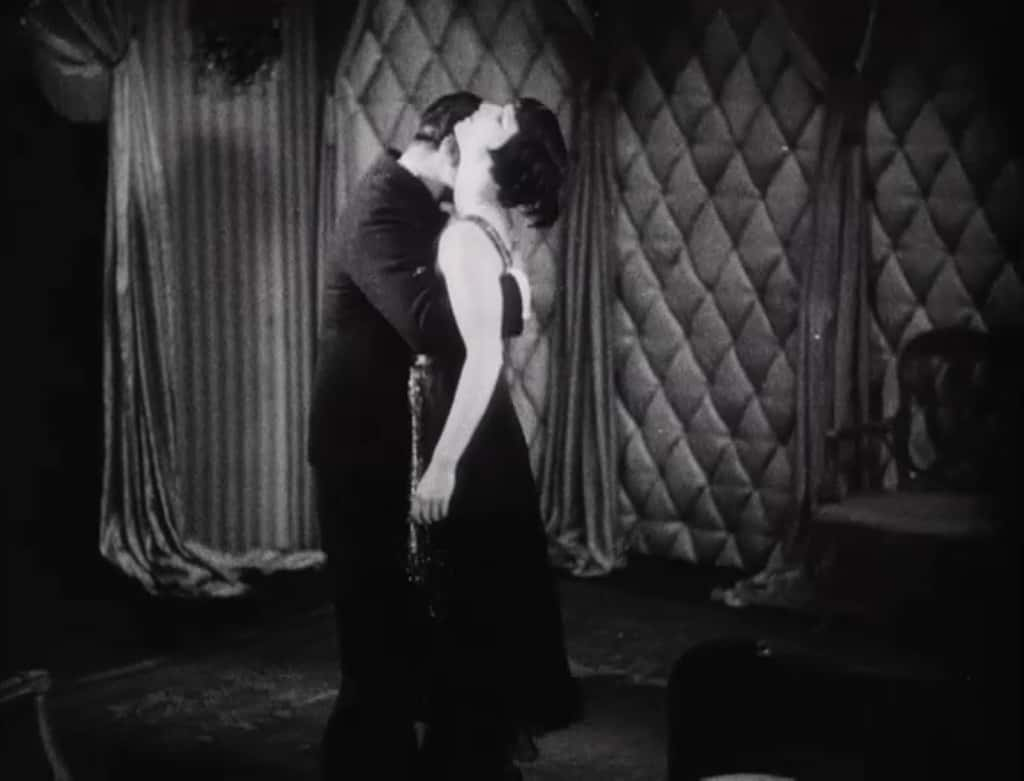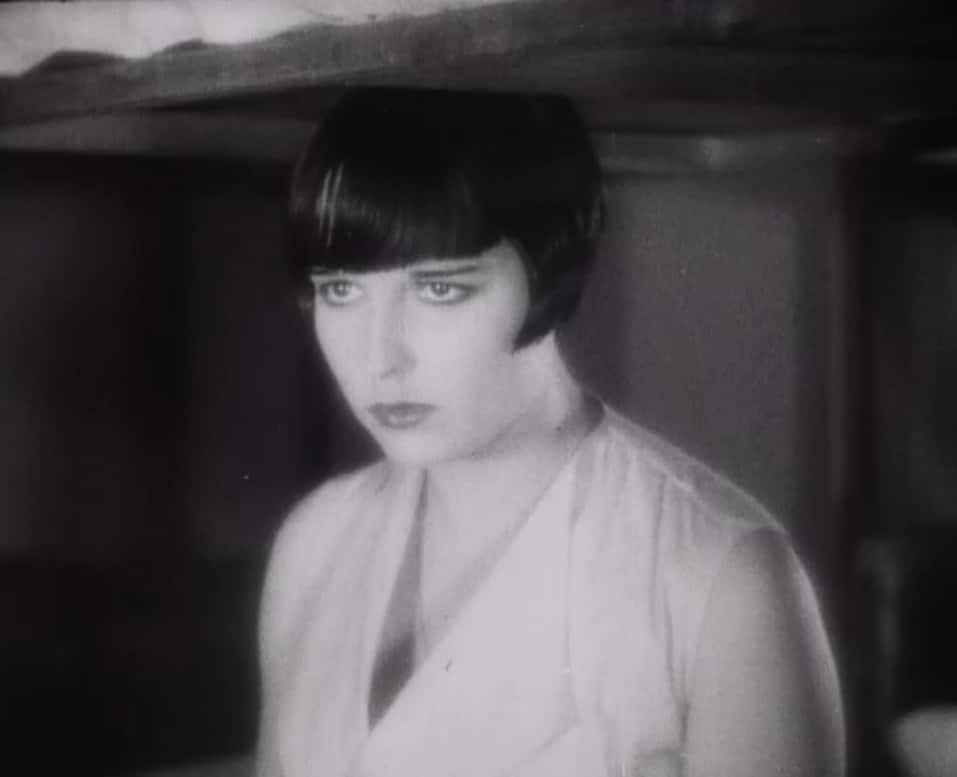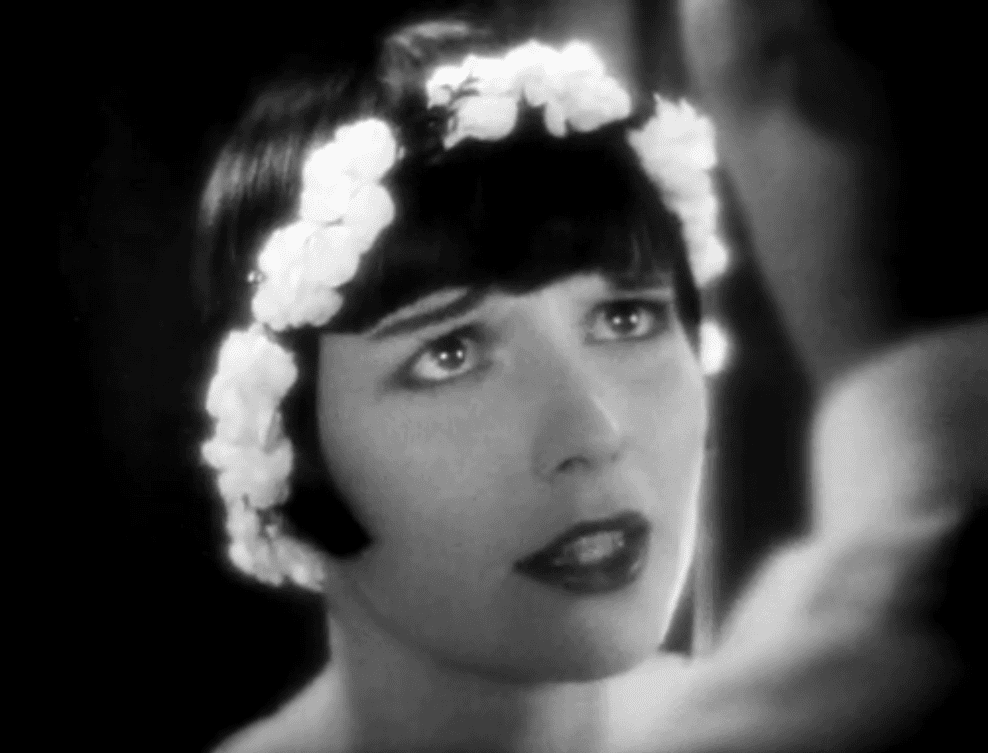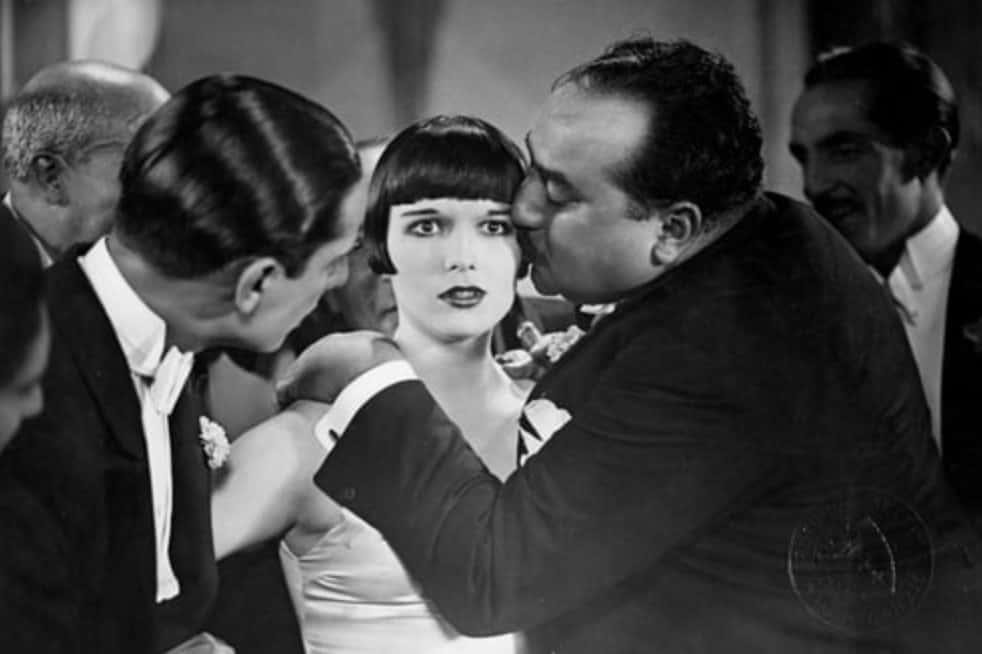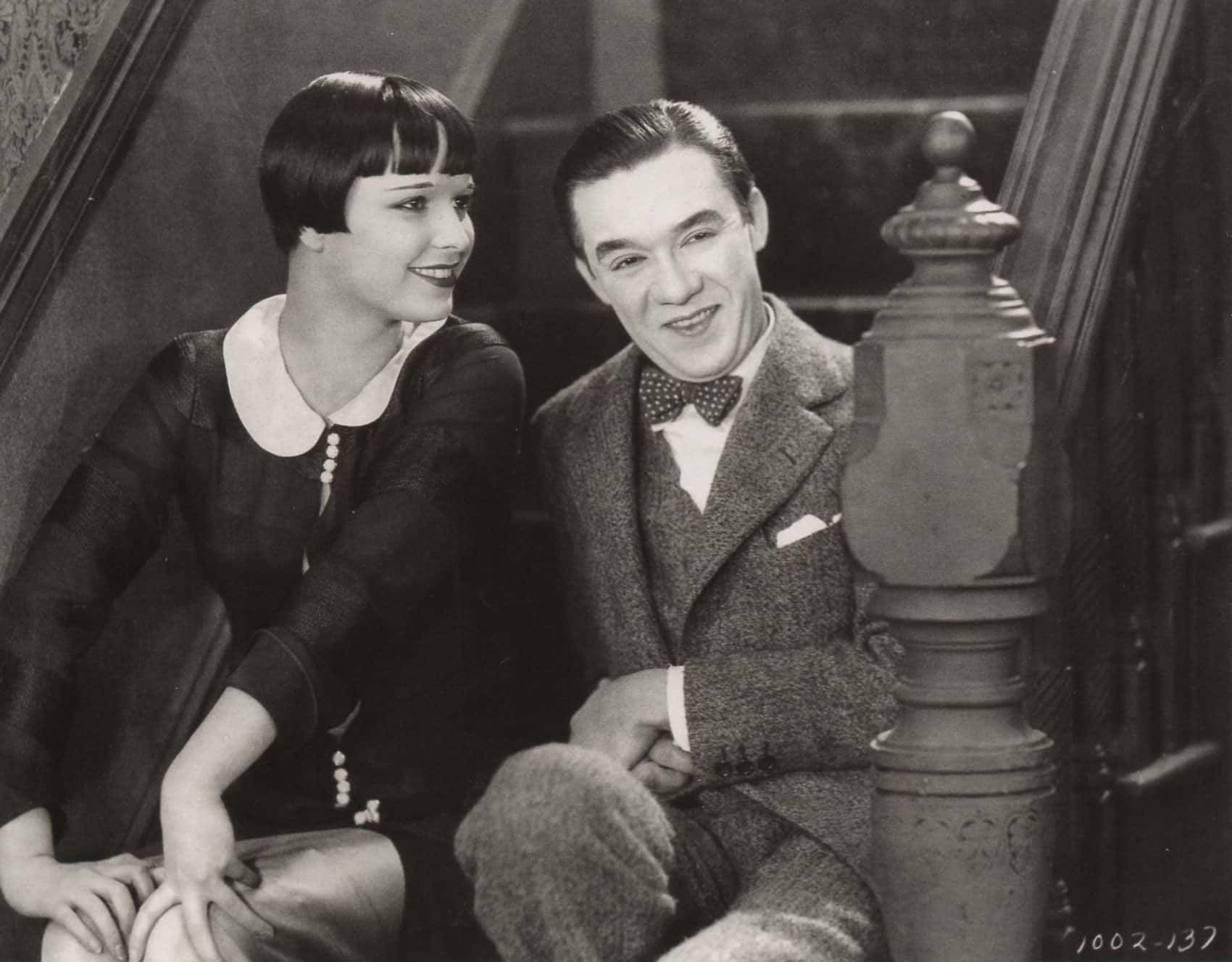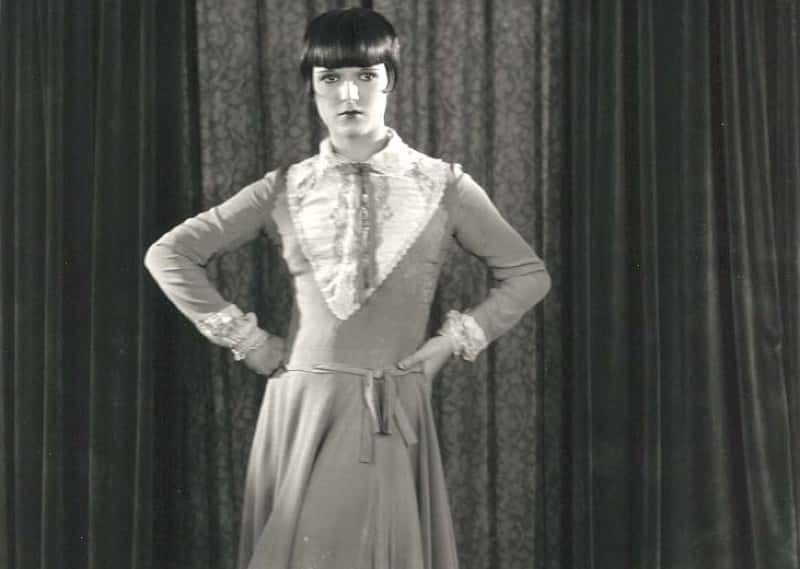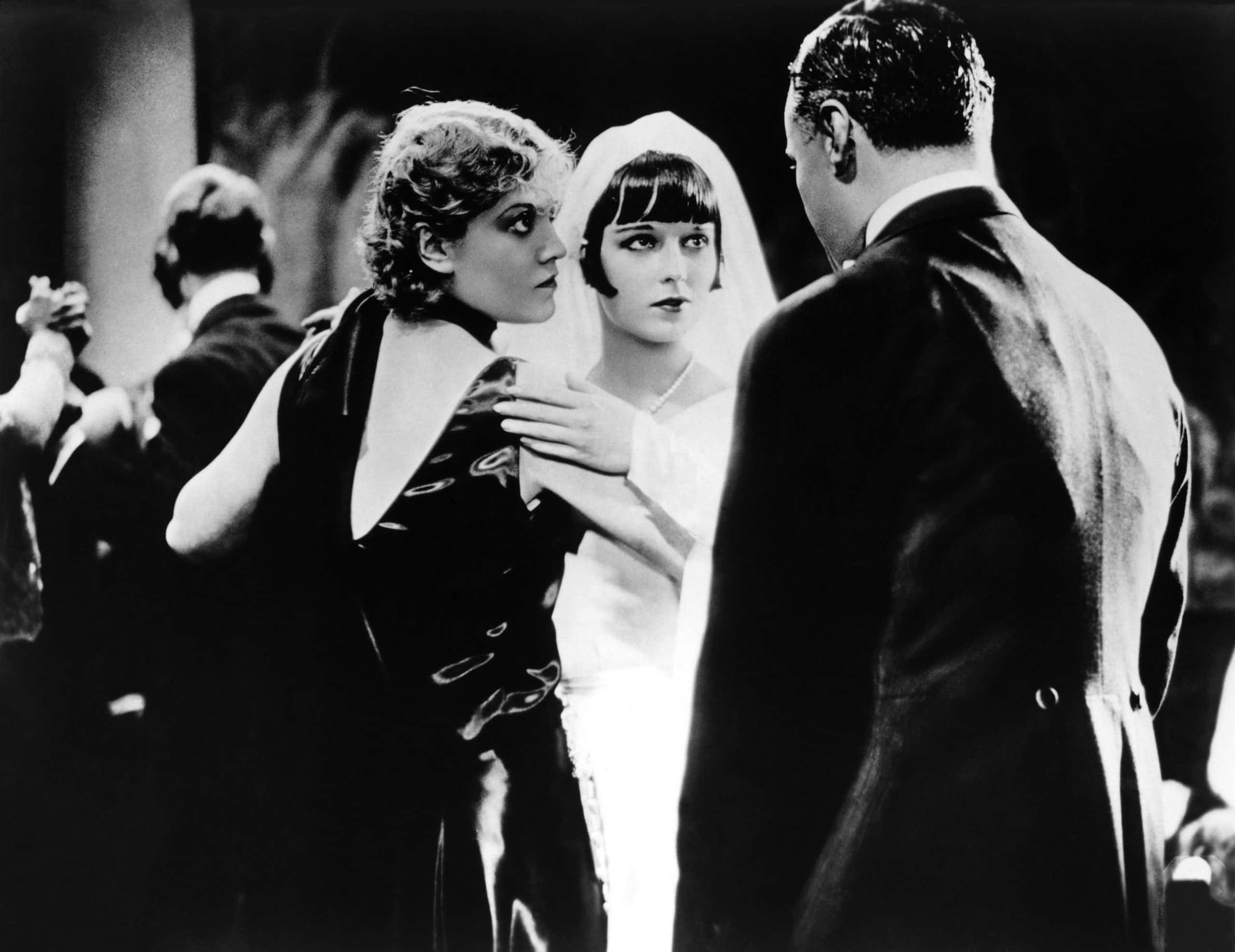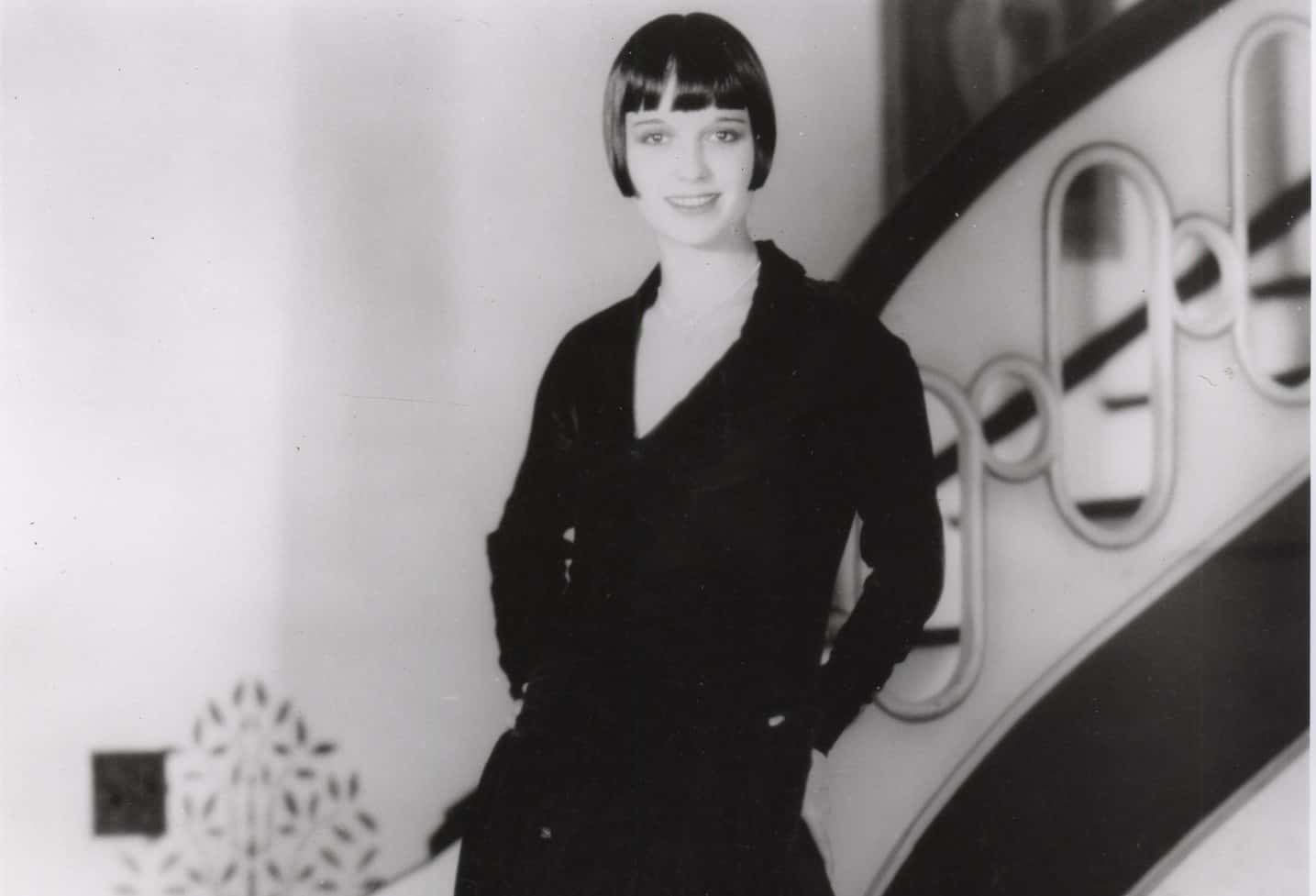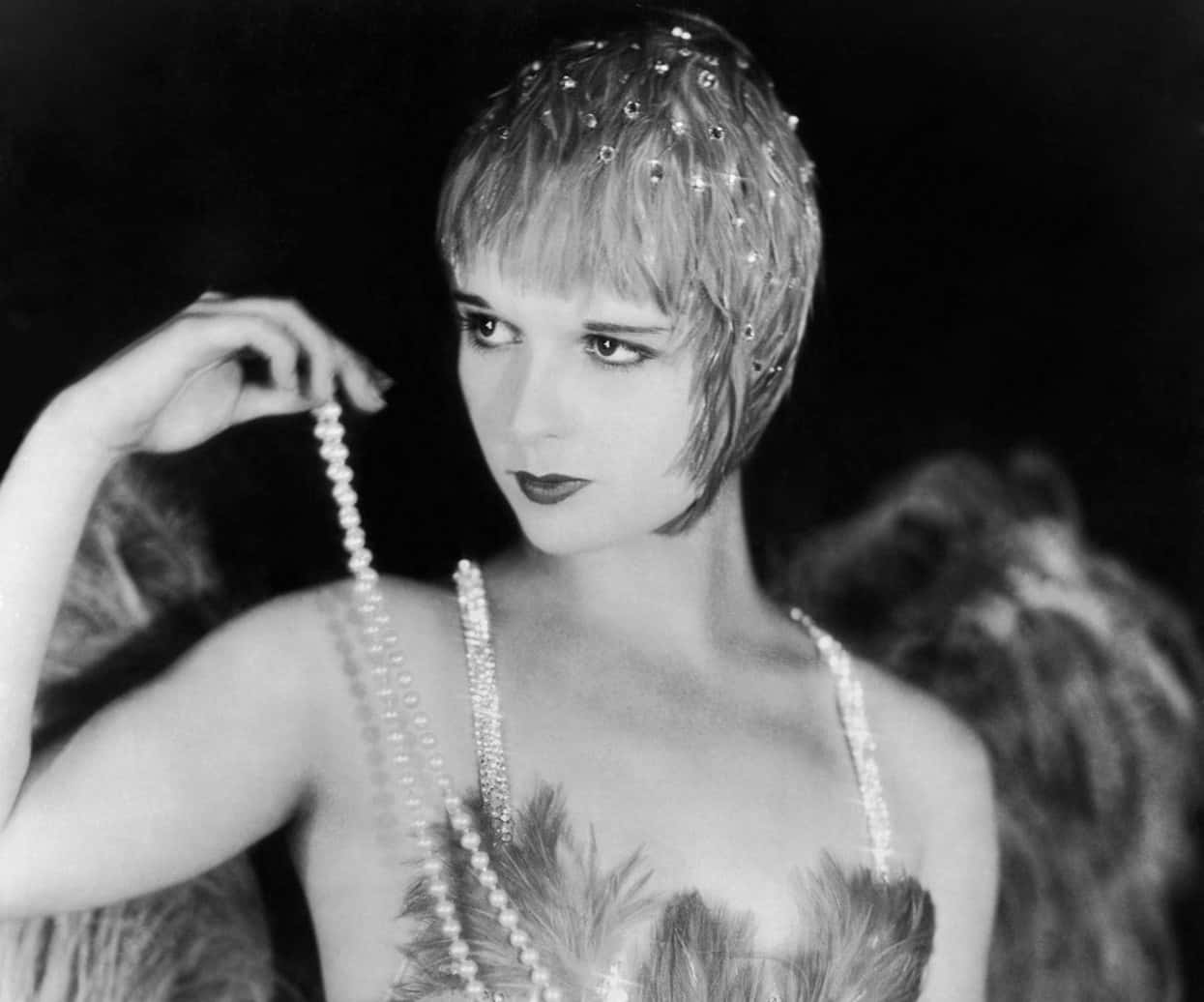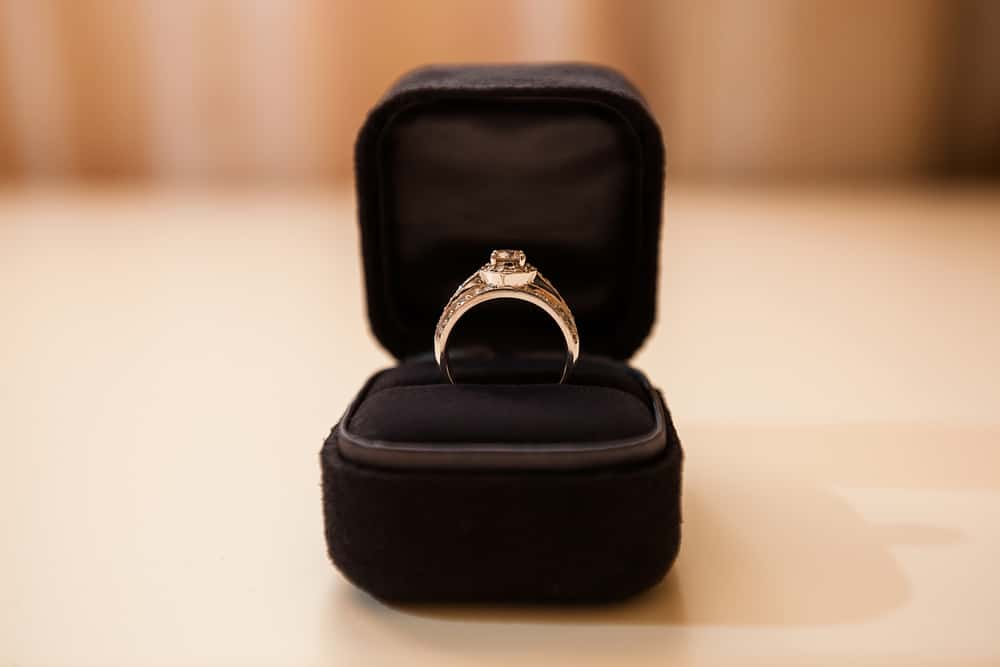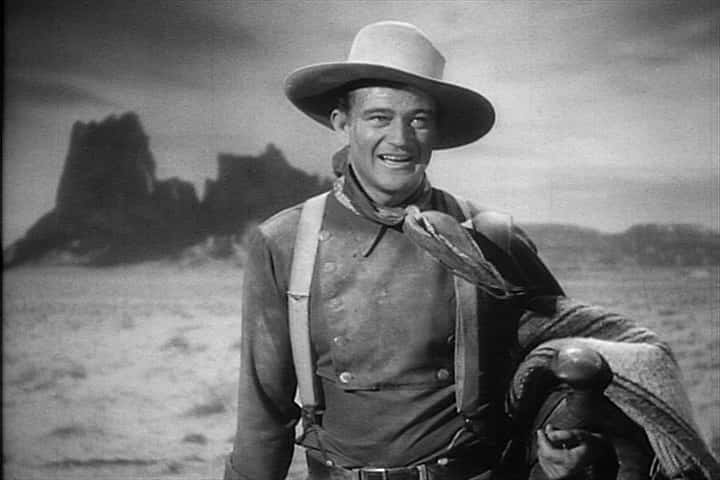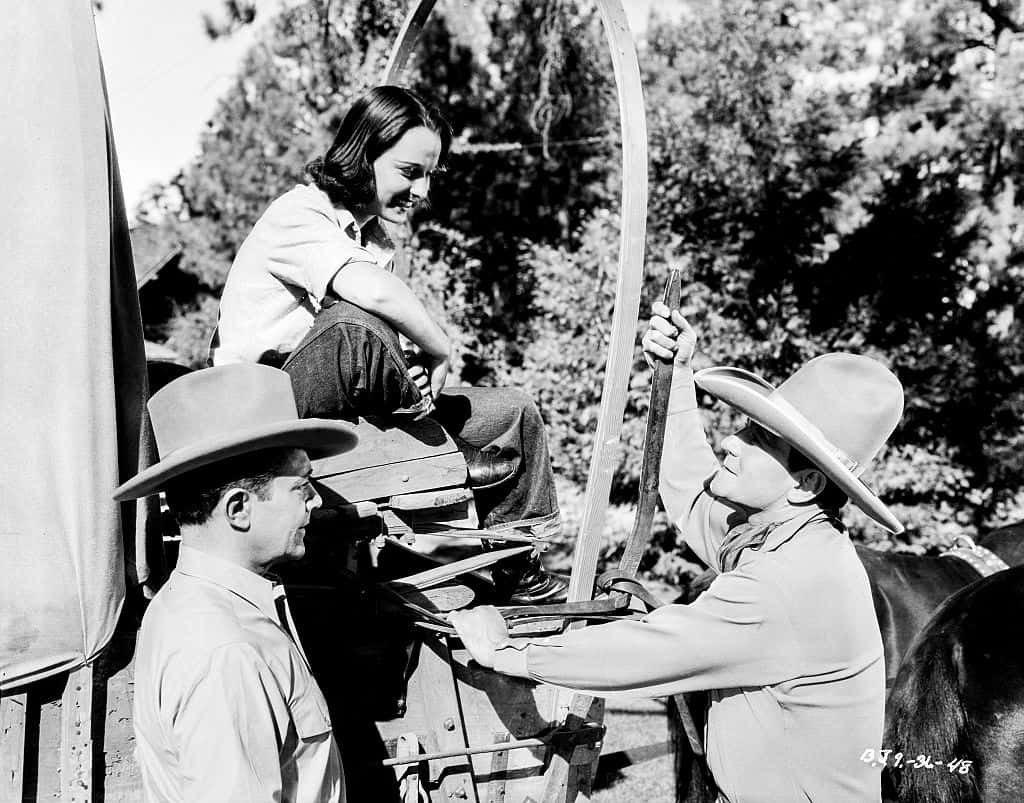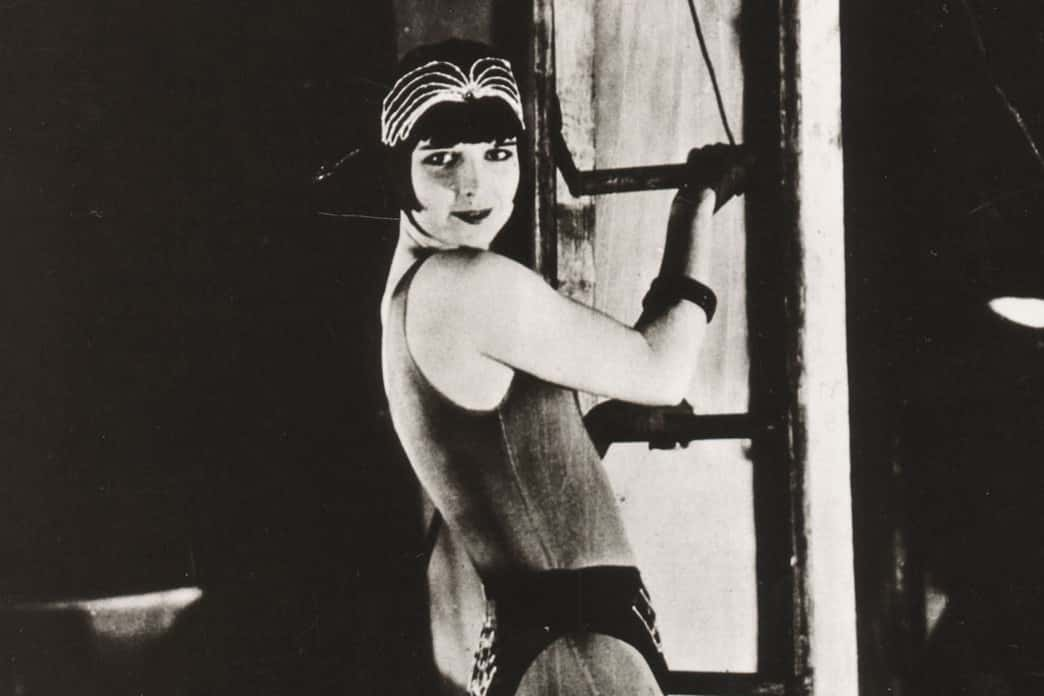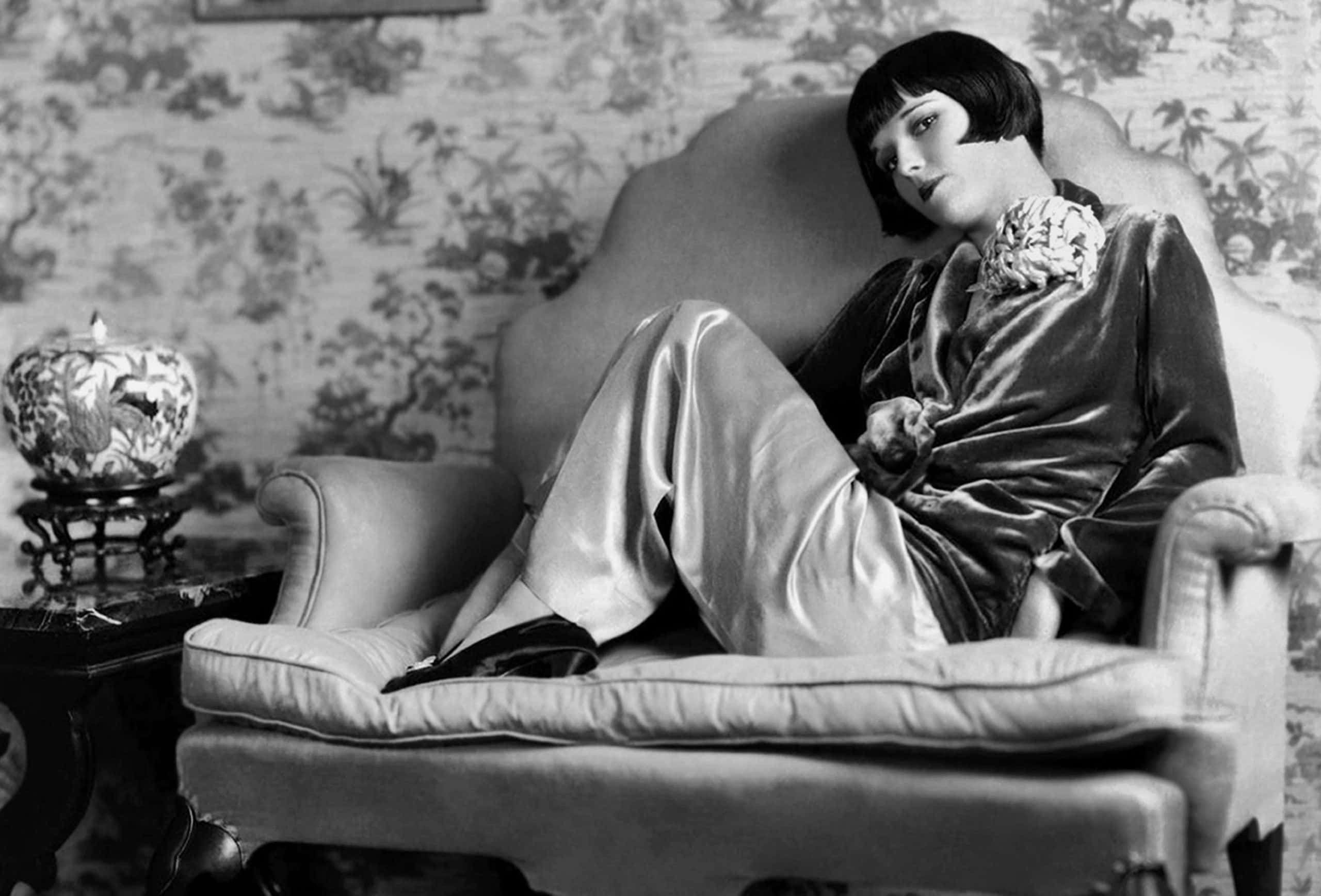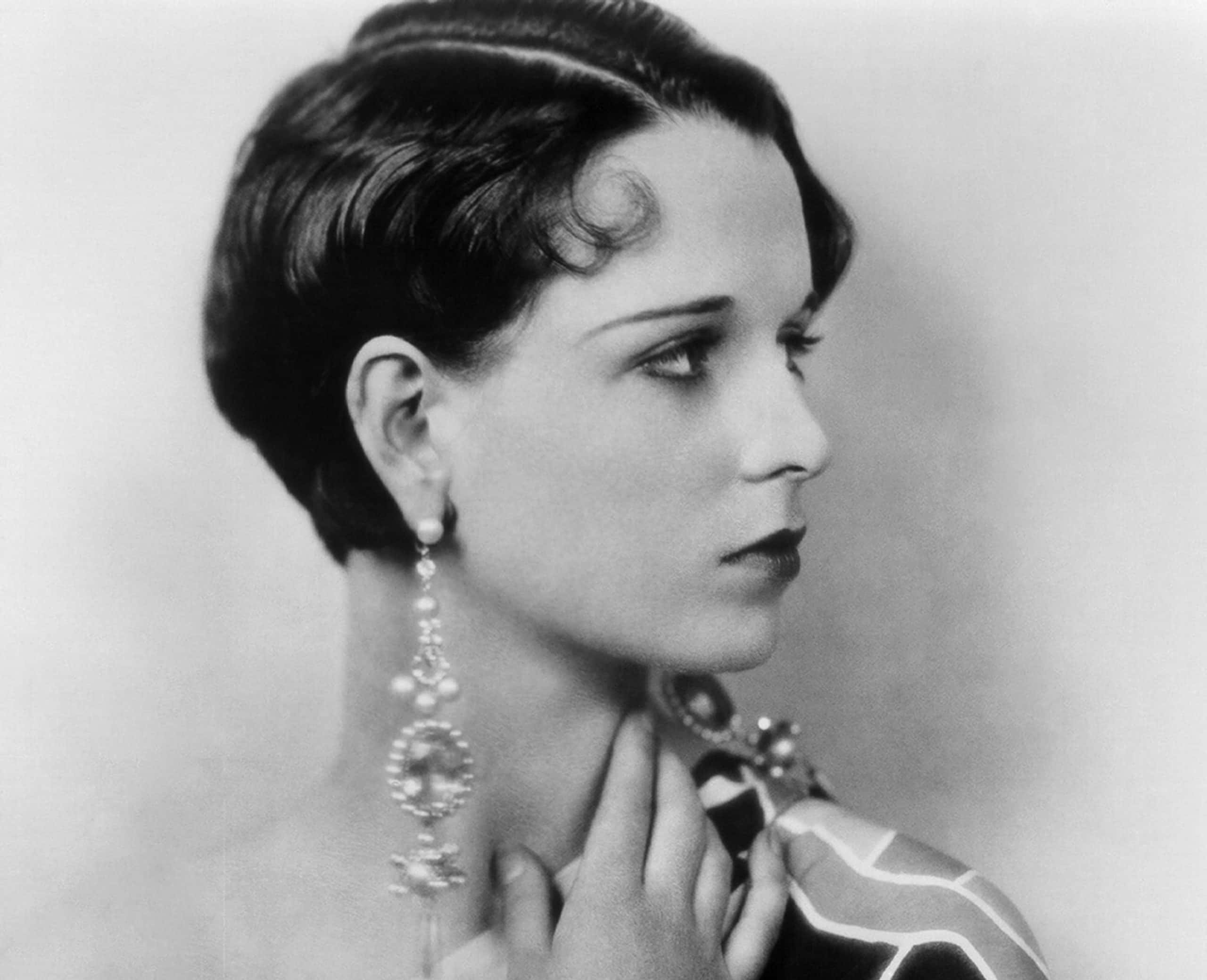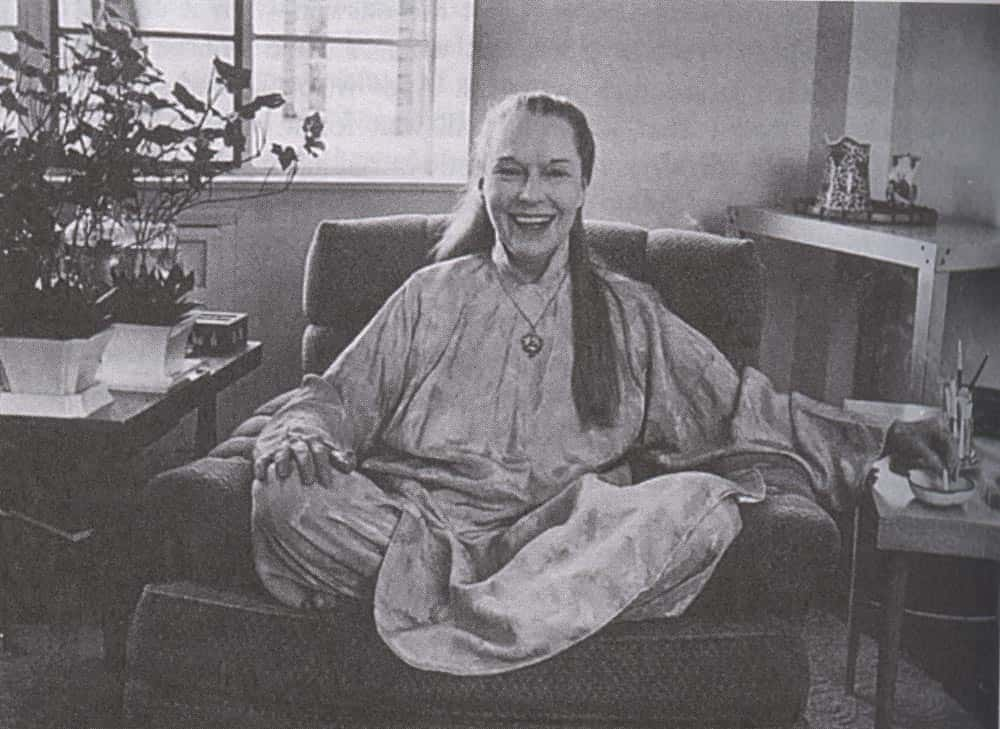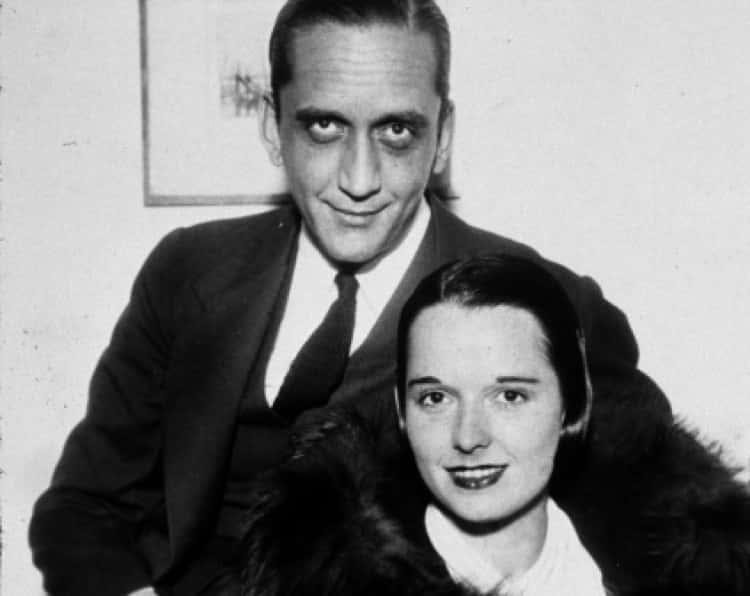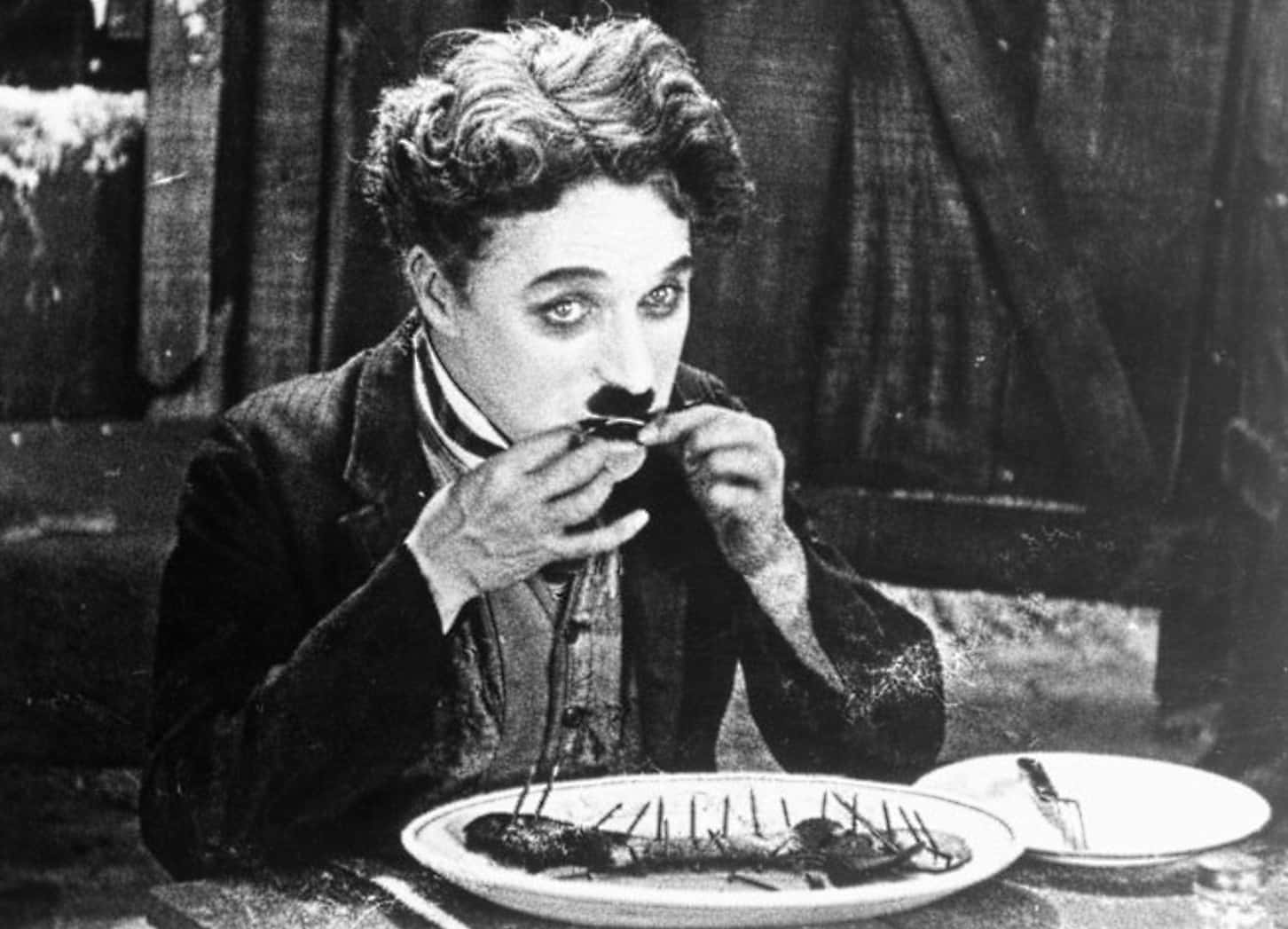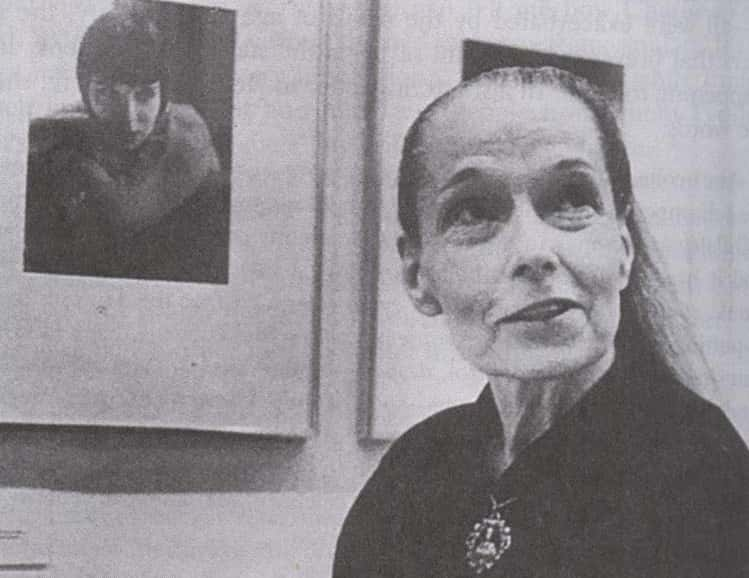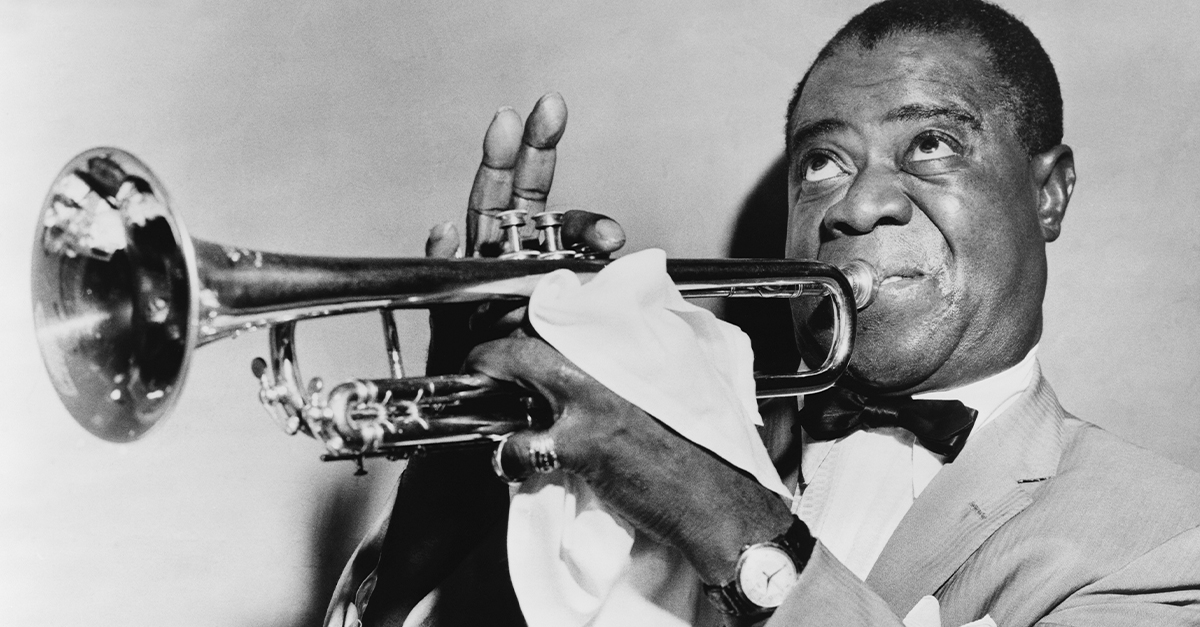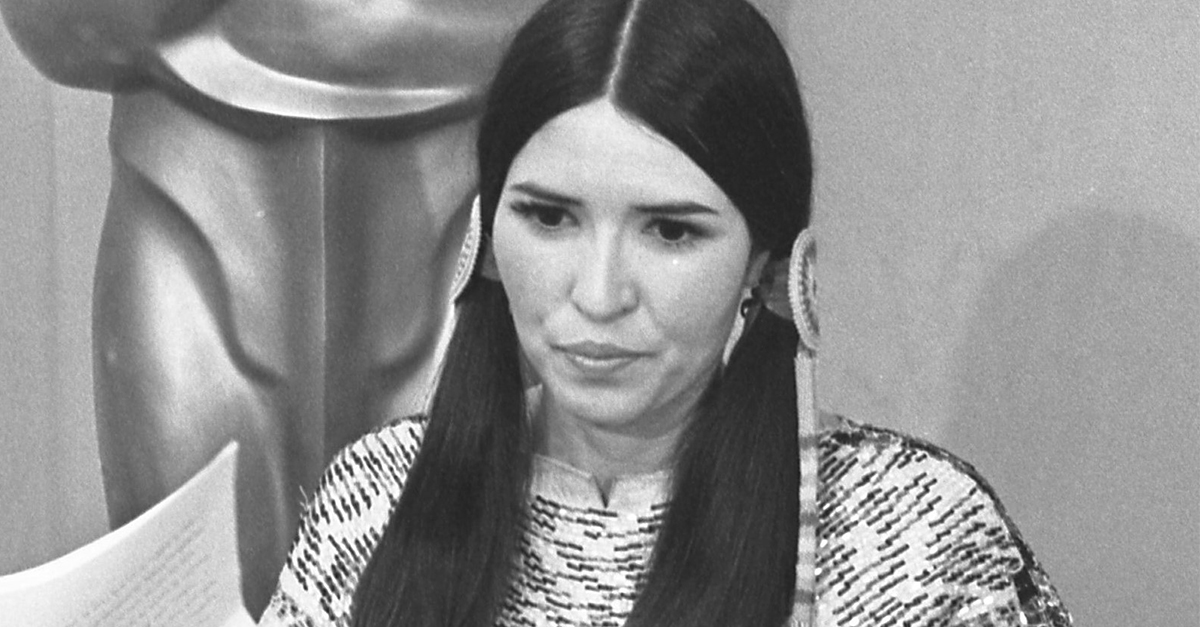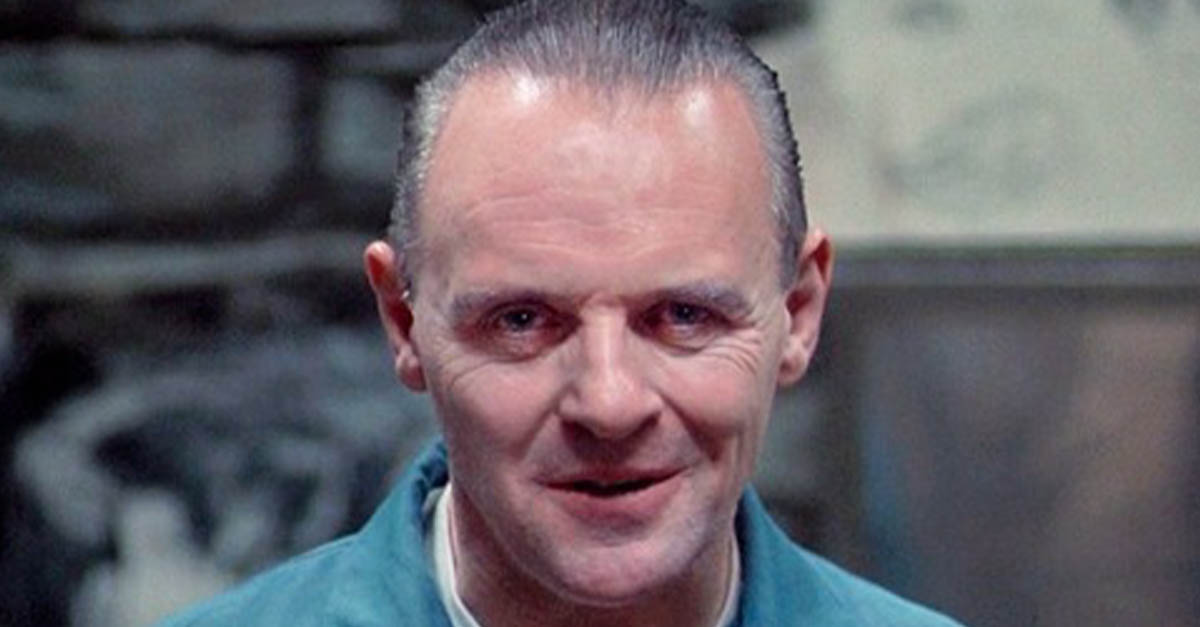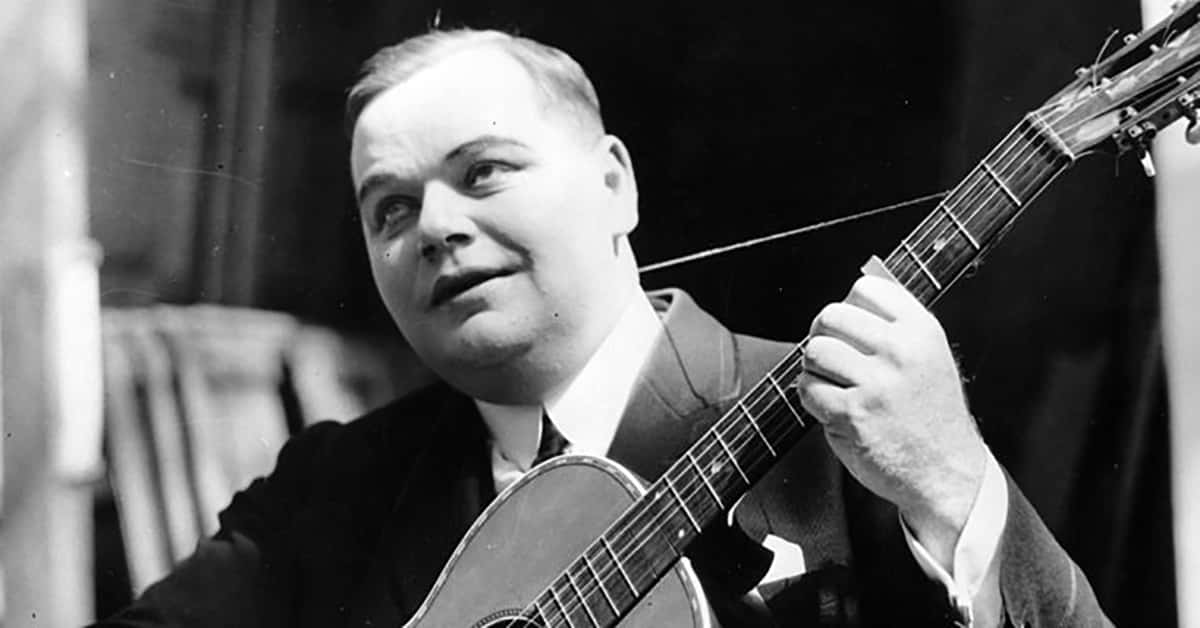She Quit Hollywood, And Paid A Horrible Price
Louise Brooks was the ultimate heartbreaker. Unable to stay faithful to any of her lovers, she embarked on a pleasure-seeking mission, slipping into the arms of anyone she fancied—men and women alike. With her iconic black bob and celebrity status, Louise felt invincible. Unfortunately, her wild and free-spirited ways led her to an end so tragic, it’s unforgettable.

1. She Was Born Into The Arts
From the moment she was born, Louise Brooks had the arts at her fingertips.
Her father, Leonard Brooks, was a lawyer with a magnificent library, and her mother, Myra Rude, was an accomplished pianist with an unrivaled passion for music and books. Surrounded by inspiration, little Louise became a pleasure-seeker at a young age.
But although this seemed like an ideal childhood, it wasn't long before Louise came face to face with unspeakable trauma.
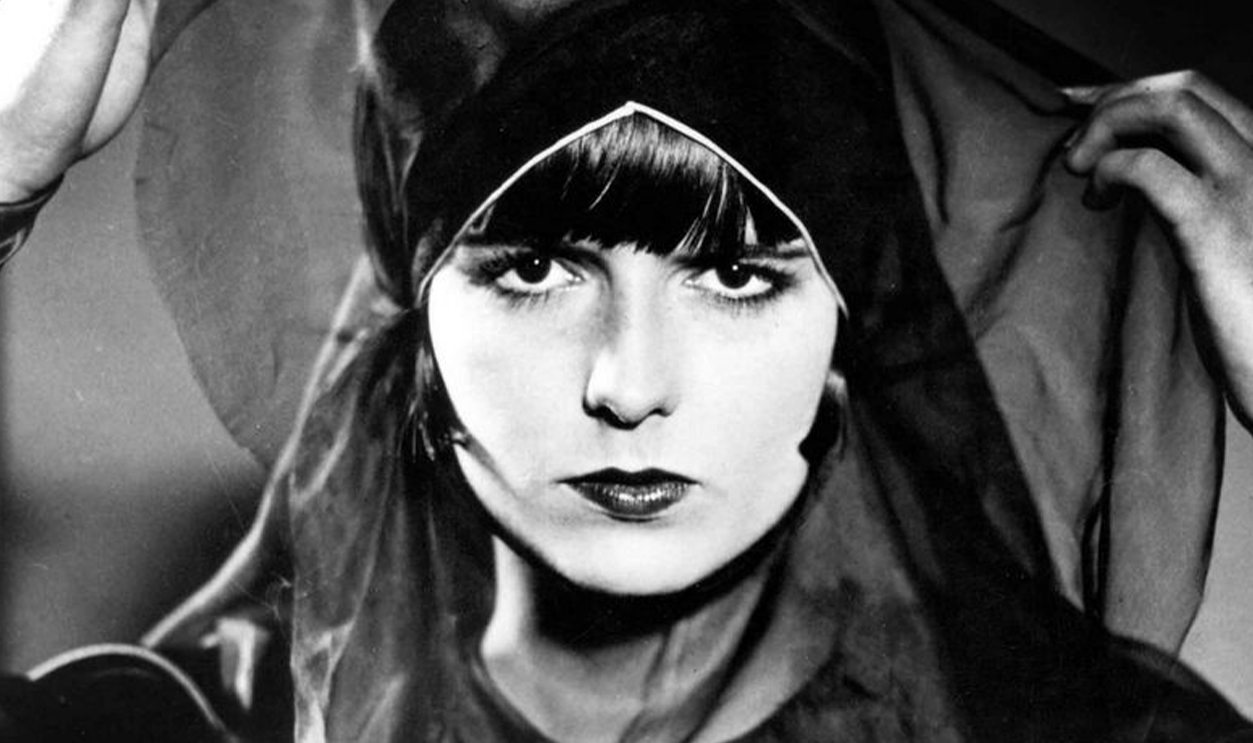
2. Her Neighbor Was A Predator
When she was only nine years old, Louise met a neighbor known as "Mr. Flowers". However, he was nowhere near as pleasant as his name suggested.
In truth, Mr. Flowers was a vicious predator who targeted Louise and mistreated her. This formative experience scarred her psyche forever, haunting her love life in the most unimaginable ways.
3. She Carried That Trauma Forever
Later, Louise cited her horrific run-in with Mr. Flowers as the reason for her inability to find real love and noted that he "must have had a great deal to do with forming my attitude toward...pleasure.
..For me, nice, soft, easy men were never enough—there had to be an element of domination". Louise earned her hard edges early, but not only because of this nightmarish ordeal.
4. She Had A Strict Upbringing
As much as Louise's mother entranced her children with the tranquil melodies of Debussy and Ravel, she also had a strong rational streak that made her eager to foster a sense of independence in them.
She said that any "squalling brats she produced could take care of themselves". In fact, by the time she was 10 years old, her mother had already honed in on her impressive dancing abilities. There was potential there...glorious potential.
 Shutterstock
Shutterstock
5. She Was Born To Perform
Louise's road to stardom began on the small stages—but even then, people started taking notice of the young girl's magnetic presence. In the beginning, she stepped into the spotlight at local fairs and clubs, and by the time she turned 11, Louise was dazzling audiences with her performances at the neighborhood opera house.
But this was only the beginning.
6. She Moved To New York City
Louise's dancing career truly took off once she moved to New York City—a whole new world that contrasted her small-town upbringing in Kansas. It was here that Louise joined Denishawn, one of America's most renowned modern dance troupes. It thrust a surreal veil over her teenage years as she danced alongside some of the future greats and saw her name mentioned in newspaper reviews.
But as they say: All good things must come to an end.
7. She Had A Great Rival
During her second year with Denishawn, Louise climbed the rankings and even landed a coveted role opposite one of the troupe's founders, Ted Shawn. She felt every opportunity open up to her as she continued to hone her skills—learning, dancing, and growing up. There was, however, just one problem.
Louise had a rivalry with the other founder, Ruth St. Denis, and it was about to ruin everything she'd worked for.
8. She Got Betrayed
To Ruth, Louise seemed like an entitled little princess. So, just as Louise's career with the dancing troupe took off, Ruth turned around and dealt her a brutal betrayal. In front of the other dancers, she singled out Louise and fired her:
"I am dismissing you from the company because you want life handed to you on a silver salver".
And like most pivotal moments in Louise's life, the memory of this humiliating moment stuck with her.
9. She Kept That Experience In Her Back Pocket
Louise never forgot Ruth's insults, and later in her life, while drafting her autobiography, she decided to title the final chapter "Silver Salver". But as disappointing as her banishment from Denishawn was, there were still big things waiting for Louise. Up next?
Broadway. Thankfully, Louise managed to bounce back from her dismissal and found something even better.
10. She Made A Comeback
Louise landed work as a chorus girl in George White's Scandals, which helped catapult the careers of other huge stars like The Three Stooges and Ray Bolger. But her prospects didn't end there.
In 1925, she was also a featured dancer in the Ziegfield Follies. But even as she danced her heart out in the Scandals, Louise herself was about to be embroiled in her very own real-life scandal.
11. Her Pictures Were Scandalous
At the time Louise started dancing, it wasn't uncommon for showgirls to pose for photographers for some extra dough.
Unfortunately, Louise posed for some images that were considered so risqué—that it landed her in some hot water. Of course, the scandal was delightfully newsworthy, and soon, the whole nation had heard of Louise Brooks and her naughty pictures.
When Louise tried to sue photographer John de Mirjian, the publicity only amped up his notoriety.
But as we know, sometimes bad publicity actually works wonders.
12. She Had A Passionate Summer Fling
Around this time, Louise caught the eye of a very famous movie star...Charlie Chaplin. At the time they met, Louise was 18 and Chaplin was a 36-year-old married man. They were never destined to go the distance, but they managed to share a fiery and passionate summer fling.
With her confidence bolstered by this celebrity romance, Louise didn't have long to wait before the film world came knocking.
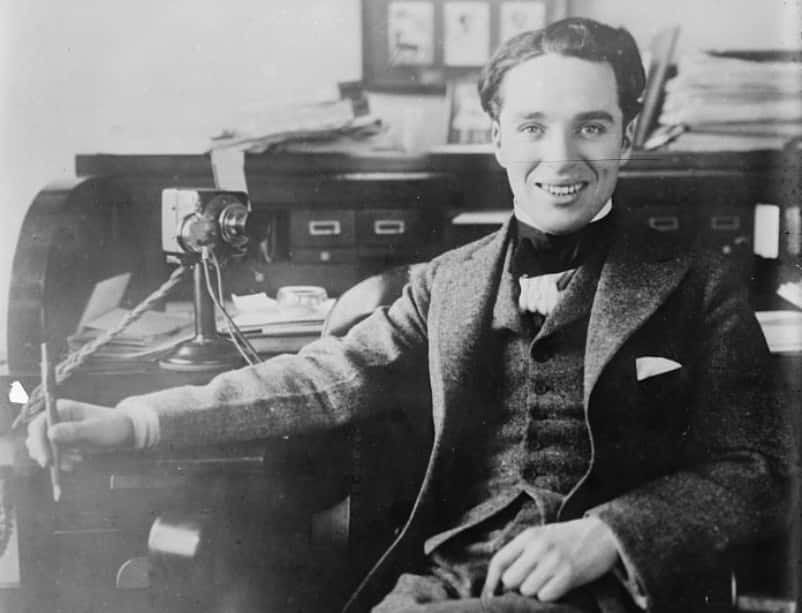 Flickr, The Library of Congress
Flickr, The Library of Congress
13. She Slept With A Married Man
By this time, Louise was a shining showgirl in her own right, and producer Walter Wanger wasn't about to let a talent like Louise Brooks slip through his fingers—professionally or romantically. You see, Louise and Wanger enjoyed an on-and-off affair, and although he wanted her to succeed, he also didn't want her mucking up his reputation.
14. She Frightened Her Lover
While Louise and Wanger frolicked in secret, he had a wife waiting for him at home. Moreover, their relationship became doubly threatening once Paramount offered Louise a five-year contract. Wanger wished Louise every success in the world, but for his own sake, wanted her to accept a contract with MGM instead of Paramount.
He was frightened of the rumor mill.
15. She Didn't Take His Advice
Wanger didn't want everyone to think that Louise Brooks had won her contract because of her relationship with him. But instead of taking his advice to heart and signing with MGM, Louise chose Paramount. This was a brand new chapter for Louise, but if she had expectations of becoming a huge superstar, she was in for a crushing disappointment.
16. She Was A Vamp
One of Louise's most important roles was A Girl in Every Port where she plays a vamp. But perhaps more than her acting chops, it was Louise's singular look that gained her a faithful cult following.
With her sleek, ebony bob and striking features, the up-and-coming actress started a trend. Soon, women across the country were requesting the same daring cut; they wanted to look just like Louise.
But while she dazzled her female fans, Louise had a knack for attracting all walks of life.
17. She Didn't Love Her Husband
By the summer of 1926, Louise had already married film director Eddie Sutherland. But this was no "happily ever after". As a free spirit, Louise soon grew restless in her marriage, her eyes wandering over other potential suitors. Soon enough, Louise met someone who occupied her every thought and desire.
..and it definitely wasn't her husband.
18. She Fell For Another Man
Only a year after marrying Sutherland, Louise Brooks met millionaire George Marshall, and later described the meeting as "the most fateful encounter of my life". Louise was completely infatuated, but it soon became clear that her taste for pleasure wasn't limited to admiring handsome men from afar.
Nope. Louise was a woman of action.
19. She Slept With A Stuntman
In 1928, Louise was cast in the sound film drama, Beggars of Life. Unfortunately, her experience on set quickly devolved into a nightmare. It all went wrong after she met one wily stuntman. Louise had a one-night stand with him, but the very next day, he began spreading a vicious falsehood:
He told everyone that Louise had a venereal disease. Still, that wasn't even the most scandalous part.
20. She Had A Sordid Reputation
In a horrible turn of events, Louise's stuntman lover insinuated that she'd contracted a venereal disease after sleeping with a producer, most likely Jack Pickford. This rumor completely destroyed her camaraderie with her co-star Richard Arlen.
Why? Well, Arlen was friends with Louise's husband; he watched with disdain as Louise earned her adulterous reputation.
Tensions on set raged out of control—but the worst was yet to come.
21. She Almost Perished
On top of alienating everyone around her, Louise also butt heads with the film's director, William Wellman, and for good reason.
Wellman didn't exactly put the safety of his actors first. He had a vision, and sometimes, it was downright extreme. During one scene, he expected Louise to climb onto a moving train. But due to the dangerous nature of the stunt, she almost perished in the attempt.
1928 was a wild year for Louise because—on top of the toxic environment she endured on Beggars of Life—her personal life also imploded.
22. She Was Ruthless
Louise Brooks continued to betray her husband over and over again, but the most crushing betrayal of all was her affair with George Marshall.
Completely infatuated with her new beau, she decided to divorce Sutherland. But the consequences were heartbreaking. Her rejection sent Sutherland reeling, and it drove him to attempt the unthinkable.
23. She Drove Her Husband To His End
Sutherland did not react well to Louise's desire for a divorce. On the first night following their breakup, he lost the will to live and overdosed on sleeping pills.
Thankfully he pulled through, and after that, Louise and Sutherland went their separate ways. But unfortunately for Louise, her relationship with Marshall didn't make her love life any easier.
24. She Had Friends In High Places
By 1929, Louise Brooks was no stranger to schmoozing with ridiculously rich and famous people. In fact, perhaps most notably, she forged a connection with the media magnate William Randolph Hearst and his lover Marion Davies through her relationship with Davies' niece, Pepi Lederer. But there was something terribly scandalous about Louise's friendship with Pepi.
25. She Had A Lesbian Romance
Louise had met Pepi at a party, and together, they embarked on a daring romance. However, their affair was doomed to a heartbreaking end. When Hearst caught wind of Pepi's bedroom preferences, he put a diabolical plan into motion. He had Pepi committed to a mental hospital for her "drug addiction," ripping Pepi away from Louise. But that wasn't even the worst part.
26. She Endured A Tragic Loss
At the time, Pepi was Louise's bosom friend and closest companion. She was devastated when Hearst shuttled her away, but that was nothing compared to what happened next. Only a few days after Pepi arrived at the institution, she leapt from her hospital window, plunging through the air toward certain death.
This traumatic loss devastated Louise and marked one of the darkest turning points in her life.
27. She Turned Her Back On Hollywood
Losing Pepi turned Louise's world upside down, and before long, she became increasingly dissatisfied with Hollywood and her life on the West Coast. She thirsted for a change. So when Paramount refused to give her a raise, it was the last straw.
She put her foot down and turned her back on the studio. At the time, it was George Marshall who gave her some sage advice.
28. She Was A Risk-Taker
Marshall painted a very alluring picture of Europe, and how Louise could build her career there. It was a risky and utterly rebellious move on her part, and many of her peers were undoubtedly shocked by her willingness to slough off her opportunities with Paramount.
On all counts, she seemed like a fool...Thirty years later, however, she owed her legacy to this one life-changing decision.
29. She Found The Perfect Role
When Louise Brooks stepped onto German soil in 1929, it was the beginning of something new and exciting. After all, the German film industry was booming, even giving Hollywood a run for its money.
It was finally time for Louise to get her big break. The film? Pandora's Box—a suggestive story that also included one of the first on-screen depictions of a lesbian.
This was right up Louise's alley, and when she met the director, Pabst, it felt like destiny.
30. She Felt Appreciated
Unlike her other film set experiences, Louise found Pandora's Box to be a dream come true: "In Berlin, I stepped to the station platform to meet Mr. Pabst and became an actress...Nobody offered me humorous or instructive comments on my acting. Everywhere I was treated with a kind of decency and respect unknown to me in Hollywood".
Of course, Louise's relationship with Pabst went far beyond the professional realm.
31. She Dug Deep
Louise and Pabst enjoyed a single night together after filming on Pandora's Box wrapped. But their collaboration continued to bear fruit. That same year, he cast her again in Diary of a Lost Girl. Only, this role was especially emotional for Louise, and in her attempt to get into character, she drew upon recollections of her childhood assault.
Once again, an old monster reared its head.
32. Her Mother Blamed Her
Memories of her molestation brought a lot of painful memories to the surface. And the most disturbing part? Louise remembered being blamed by her mother for leading the perpetrator on. Her connection to Diary of a Lost Girl ran deep as Louise counted herself one of the "lost". It's safe to say that Germany provided Louise with life-altering roles that effectively turned her into a star.
33. She Was Ahead Of Her Time
Louise's acting style was ahead of its time. Like today's modern actors, she opted for a more subtle approach and refrained from overly exaggerative facial expressions. She toned down the drama and even ruffled some feathers in the process. Some viewers absolutely despised her acting style, lamenting, "She doesn't act! She does nothing"! But this was all a part of Louise's appeal, and soon people loved her for it.
34. She Was Aimless
By starring in two of Pabst's films, Louise gained worldwide recognition, with one critic citing that her performances "expos[ed] her animal sensuality and turn[ed] her into one of the most [sensual] figures on the screen". But even though Louise found herself buried beneath such high praises, she became restless once again. She'd gotten her fill of Europe and wanted to move on.
However, there was one person who recognized Louise's aimless trajectory and feared the absolute worst.
35. She Was A Free Spirit
Louise's director, Pabst, worried about her, encouraging the actress to remain in Germany and focus on her career. He saw in her a free and wild spirit that didn't take her work seriously enough.
Pabst knew how easy it would be for Louise to fall from grace, and that if she wasn't careful, she'd easily fall prey to the ravenous entertainment industry. But that wasn't all.
36. She Had A Mind Of Her Own
Above all, Louise was terribly naïve about her own success. Her director warned her that her "rich American friends"—and even her lover Marshall—would likely kick her to the curb if her career ever faltered. But Louise marched to the beat of her own drum and did what she saw fit.
She'd tired of Europe and had plans to return to America.
She could have made a glorious comeback in her home country—but she made one detrimental mistake.
37. She Made A Terrible Mistake
Upon returning to America, Louise Brooks dug her own professional grave: She outrightly refused to do the sound retakes for her 1929 picture, The Canary Murder Case. After that, studios blacklisted the prideful actress, and Paramount event purported that her voice was ill-suited for sound pictures.
Of course, as her career dipped into decline, Louise began to realize the slippery nature of success.
And to make matters worse? Her time with the irresistible George Marshall had run its course.
38. She Was A Cheater
As much as Louise adored Marshall, she couldn't rein in her infidelity. He, on the other hand, was more than ready to drop down on one knee and commit to her forevermore; he asked her to marry him multiple times but to no avail.
Their tempestuous romance continued into the early 1930s, but eventually, Marshall realized that Louise was never going to surrender her penchant for philandering...
39. She Wasn't The Only Villain
Stung by Louise's unbridled affairs, Marshall married actress Corinne Griffith instead. Louise was cast as the villain, but she wasn't the only one at fault. ..
40. She Had Too Much Pride
Unfortunately, Louise quickly became her own worst enemy. When Columbia Pictures came to her rescue and offered her a $500 per week salary, she screwed it up by shunning a screen test for a Western film.
They withdrew her contract. To make matters worse, the few films she did manage to scrape up didn't garner her any attention. Floundering, Louise found herself in dire straits.
41. She Declared Bankruptcy
By 1932, Louise had no choice but to declare bankruptcy. In order to stay afloat, she began frequenting the nightlife circuit, dancing in clubs.
Every once in a while, she'd snag disappointing bit parts, but nothing even remotely comparable to the celebrity status she'd once enjoyed. Then, finally, in 1938, she landed a role with the power to turn her luck around.
42. She Got A Second Chance
After being down on her luck for so long, Louise was cast in the Western Overland Stage Raiders. She was the romantic lead, playing opposite John Wayne.
And that wasn't all. She'd traded in her trademark hairstyle for a longer hairstyle that left her almost completely unrecognizable. But, unfortunately for Louise, this was no glorious comeback...
43. She Blew It
Despite having a lead role, Louise flew under that radar. Critics considered her performance lukewarm at best, with one critic saying, "Louise Brooks is the femme appeal with nothing much to do except look glamorous in a shoulder-length straight-bang coiffure". For the disheartened actress, this was the beginning of the end.
44. She Had A Heartbreaking Revelation
By the time the next decade hit, Louise could no longer consider herself a working actress. As her desperation for financial stability began to spiral, she came to another horrific realization: "...the only people who wanted to see me were men who wanted to sleep with me". Even her old friend Walter Wanger warned her that, if she stayed in Hollywood, she risked selling her body.
45. She Packed Her Bags
Plagued by unemployment, Louise finally decided to move back to her home in Wichita, Kansas—but it was another nightmare altogether. She didn't fit in at all. The townspeople looked down on Louise with reservation and judgment. She was both a success and a failure wrapped into one, and they couldn't make heads or tails of her.
Still, she tried to make a go of it and even tried running a dance studio. When this endeavor crashed and burned, Louise yearned to escape.
46. She Became A Courtesan
When Louise returned to New York City, she did everything and anything: She was a radio actor, a gossip columnist, and a salesgirl.
But between 1948 and 1953, she turned to a whole new profession—one that she'd been warned against time and time again...She became a courtesan. Her clients were wealthy men, and soon, an escorting agency offered her a steady job.
Unsurprisingly, this line of work took a heavy toll on her mental health.
47. She Wanted To End It All
From actress to courtesan, Louise knew that she'd fallen on hard times, later admitting her depressive thoughts: "I found that the only well-paying career open to me, as an unsuccessful actress of thirty-six, was that of a (courtesan)...and (I) began to flirt with the fancies related to little bottles filled with yellow sleeping pills". But her trouble had only just begun.
48. She Hated Hollywood
Holed up in a tiny New York apartment, Louise fell deeper into drink and depression. This was a tantamount fall from grace, and to add insult to injury, her old friends and co-stars had completely forgotten about her. Louise became increasingly bitter about her time in Hollywood and tried to channel all of her frustration into a stinging memoir.
..but it didn't end well.
49. She Burned It All
After spending years writing her autobiography, Louise turned around and destroyed it. Yep, she literally threw her manuscript into an incinerator. During this volatile time, the fallen actress lived in obscurity and poverty for years, her glory days fading away...that is until a French film historian named Henri Langlois uncovered her films and saw something special in them after all.
50. She Was Rediscovered
In 1955, Henri Langlois resurrected Louise Brooks as one of the greats; he even considered her to be better than some of her more successful contemporaries: "There is no Garbo! There is no Dietrich! There is only Louise Brooks"! His support helped patch up her reputation and even inspired a Louise Brooks film festival in 1957.
For Louise, she finally saw a silver lining.
51. She Was A Recluse
When the film curator James Card found Louise "living as a recluse," he decided to give her a golden opportunity. He wanted her to move to Rochester, New York in order to write about her past career. In fact, this helped spark a new beginning and a promising new career—writing essays for film magazines. Turns out, Louise was quite a talented writer, and in 1982, she even published a book titled Lulu in Hollywood.
52. She Never Loved Anybody
But as promising as her new lease on life was, Louise still had grim thoughts about her failed relationships and tragic love life.
In fact, Louise believed that she'd never actually loved anyone she'd ever been with: "I've never been in love. And if I had loved a man, could I have been faithful to him? Could he have trusted me beyond a closed door? I doubt it".
Completely incapable of love, Louise lived a terribly lonely existence—right to the bitter end.
53. She Hated Her Ex
Remember how Louise Brooks had a brief affair with Charlie Chaplin?
Well, although she sang his praises for most of her life, the publication of his autobiography boiled her blood. In multiple letters to friends, Louise sank her teeth into her old lover: "Oh, the book has made me ill. His ... pride! His intellectual fatuity! All those babes knocking on his bedroom door.
He still tries to pass off a crude bunch of lies to a world who would not know the difference".
In one of these letters, Louise goes on to call Chaplin a "barren little man," "vulgar," and "cheap".
54. She Perished Alone
Heartbreakingly, Louise considered herself a failure in all things.
No matter how hard she tried, things never seemed to go her way—her life was always a mess. As such, she lived out her later years utterly alone, and in her old age, she battled osteoarthritis and emphysema. When she was 78 years old, Louise Brooks suffered a heart attack in her apartment and passed.


